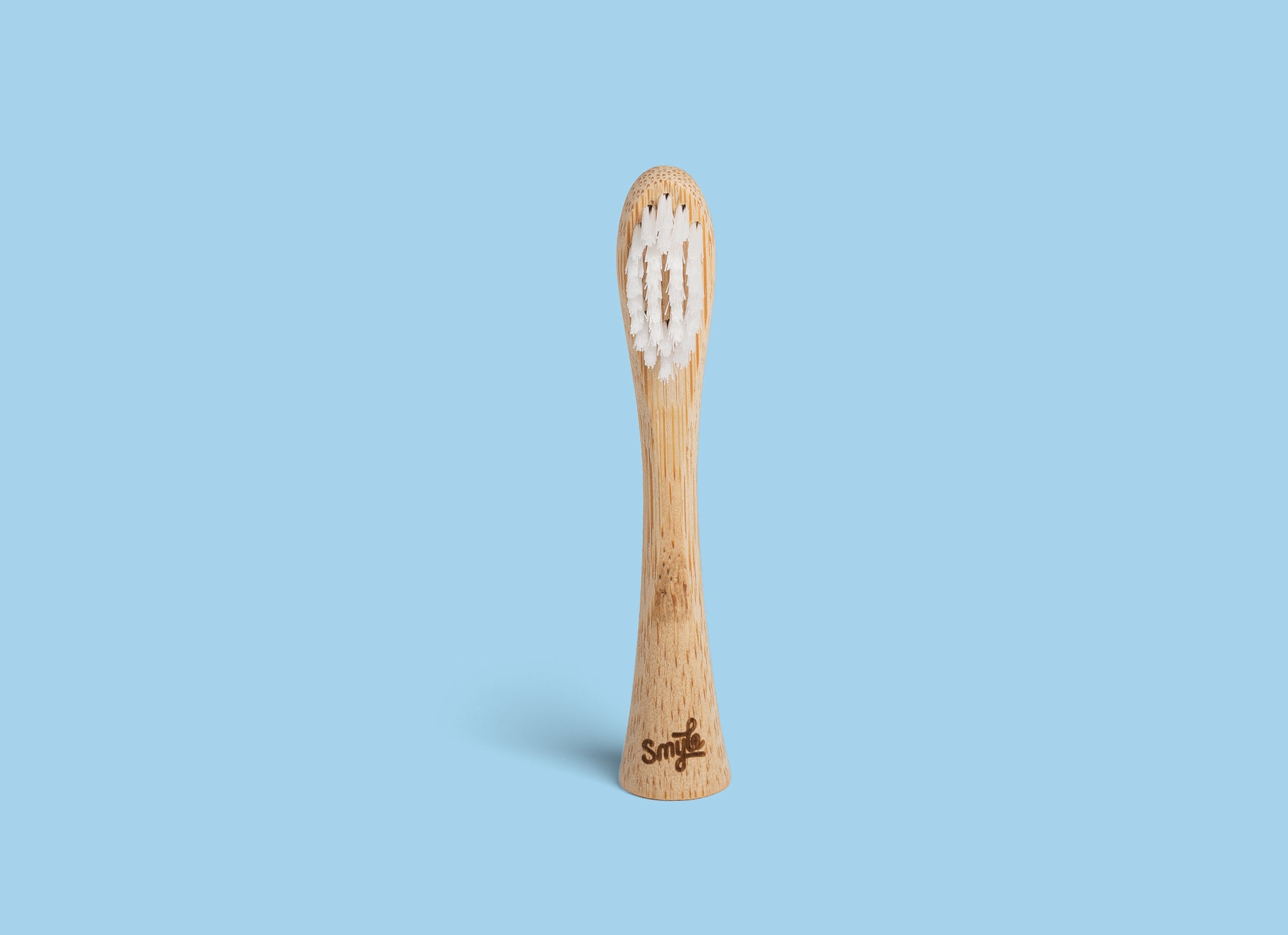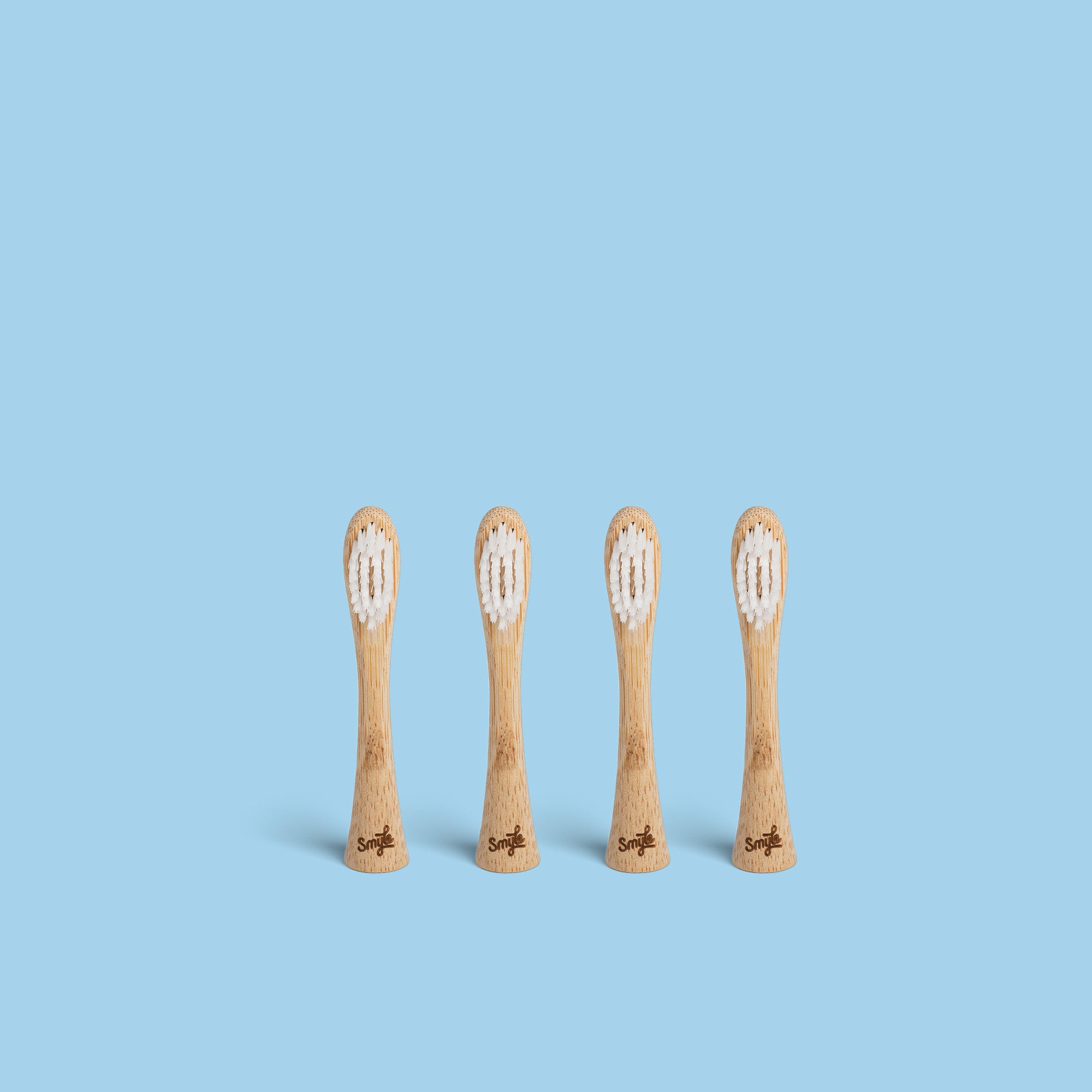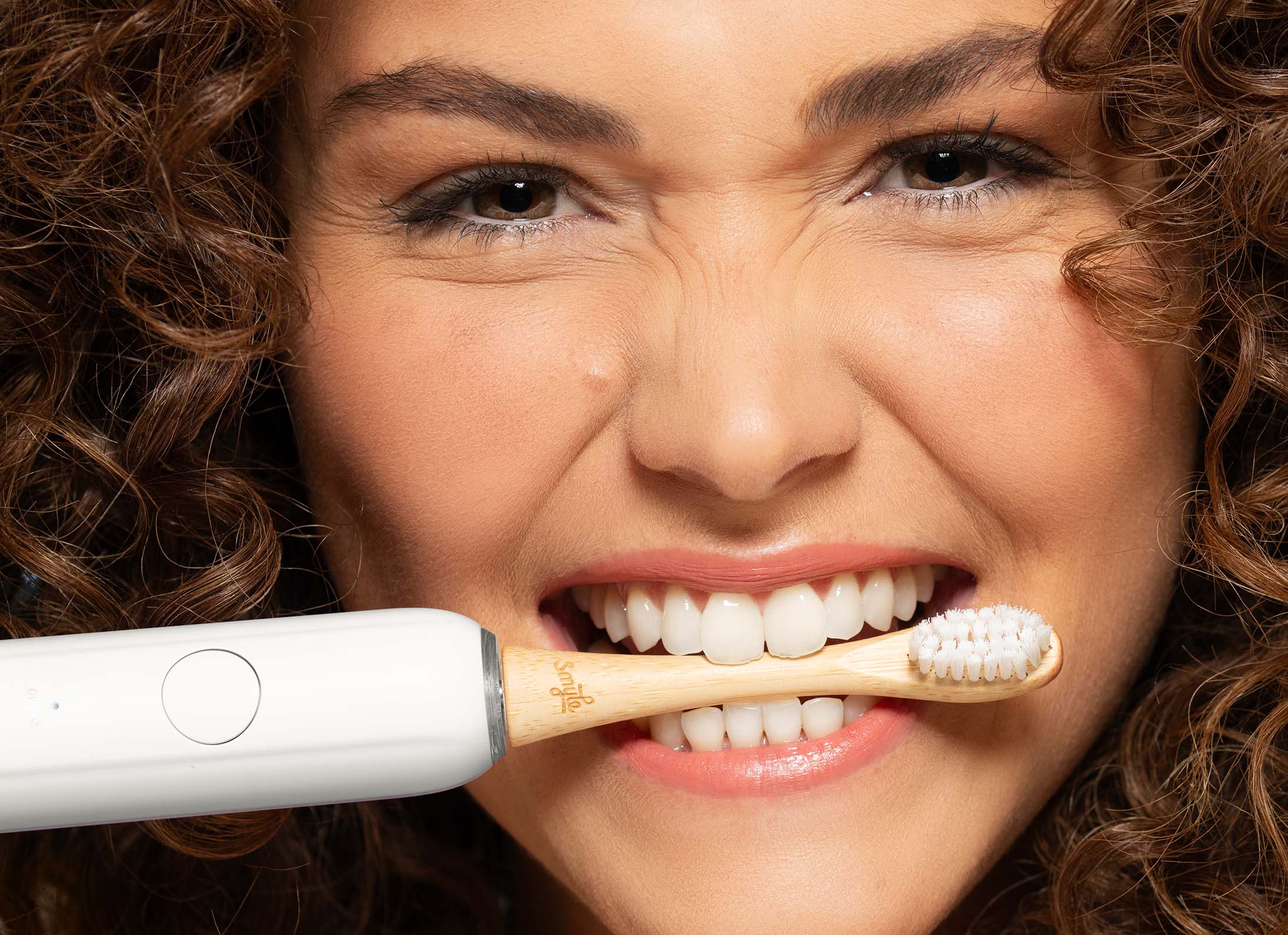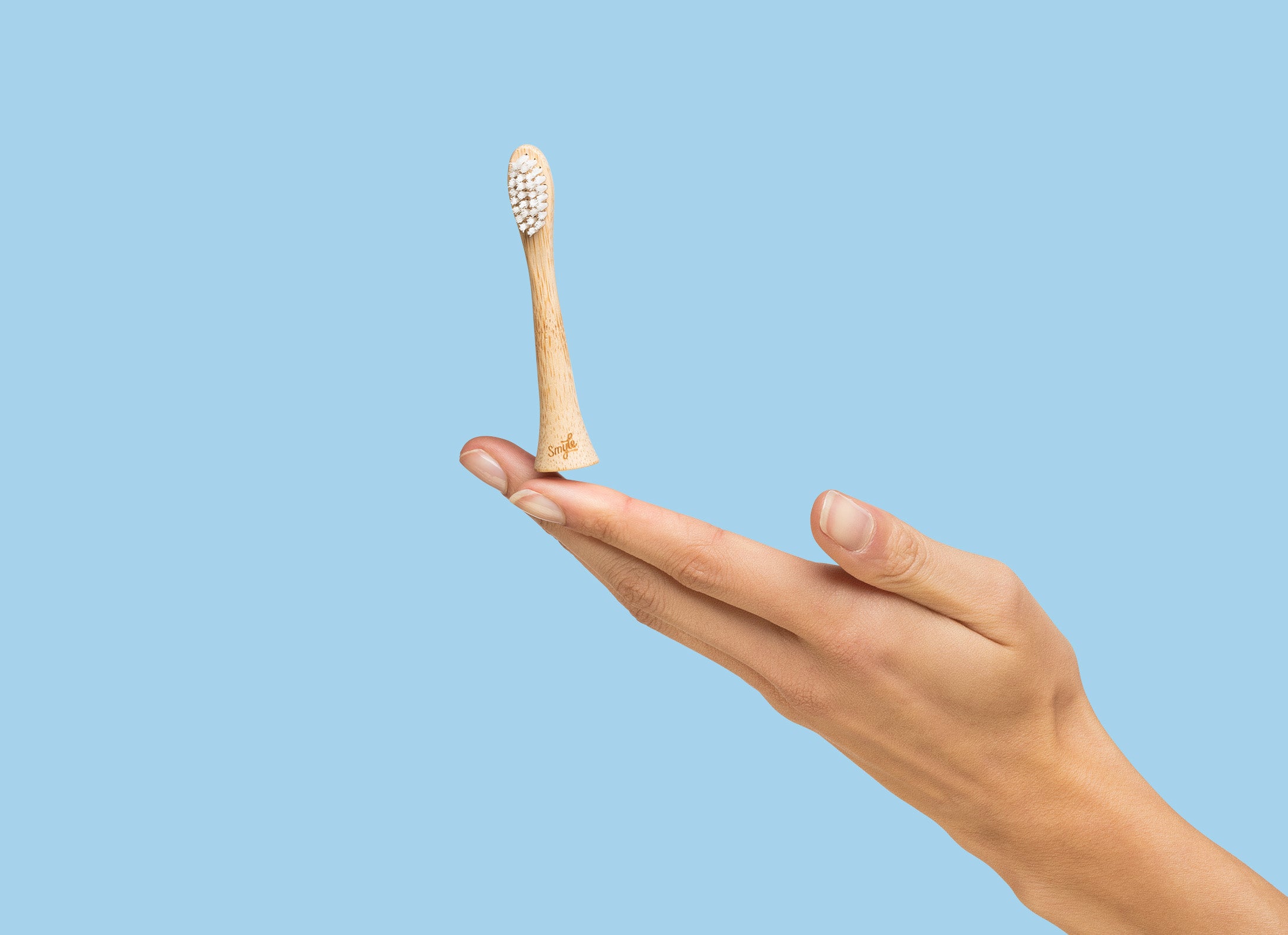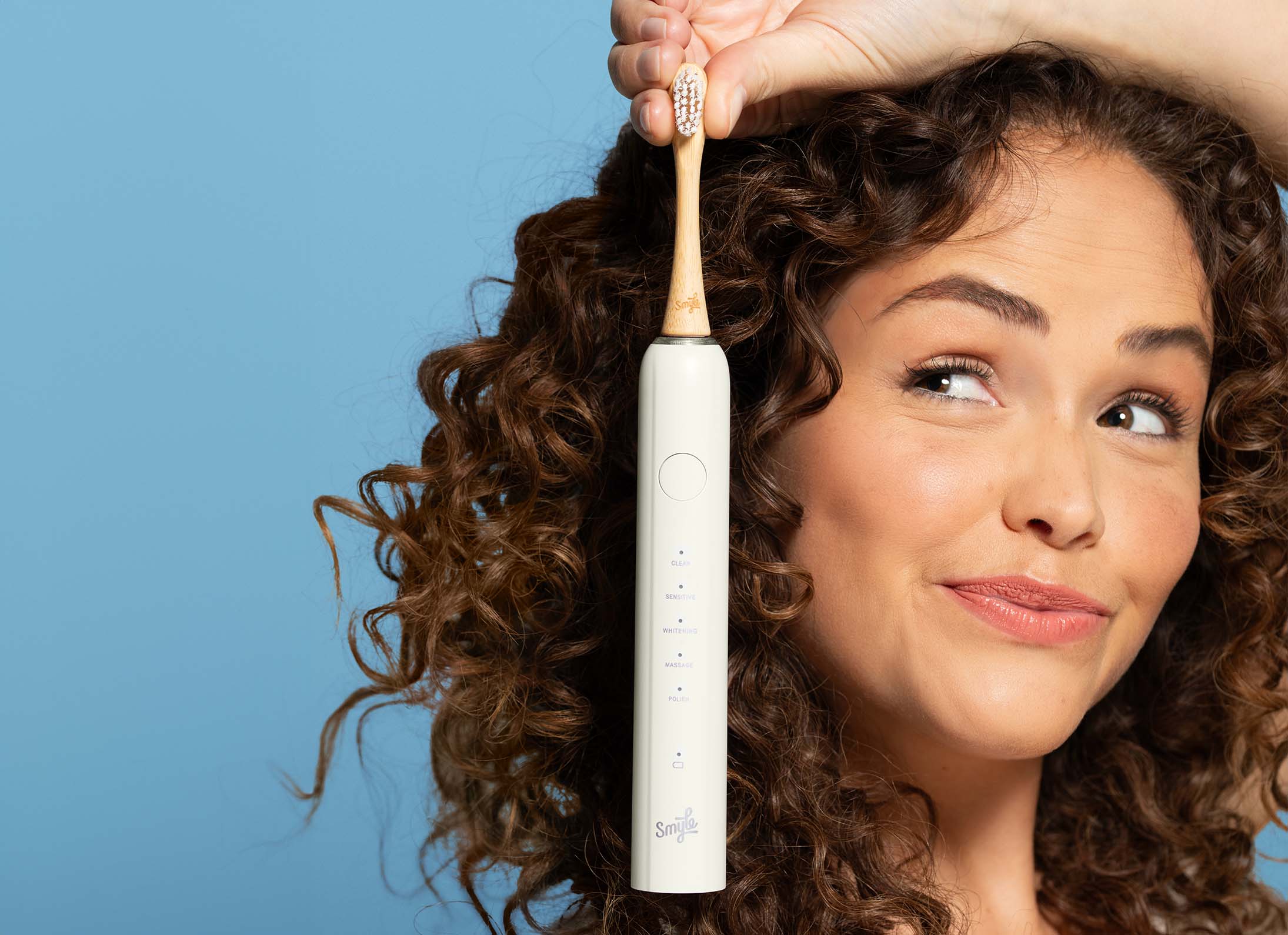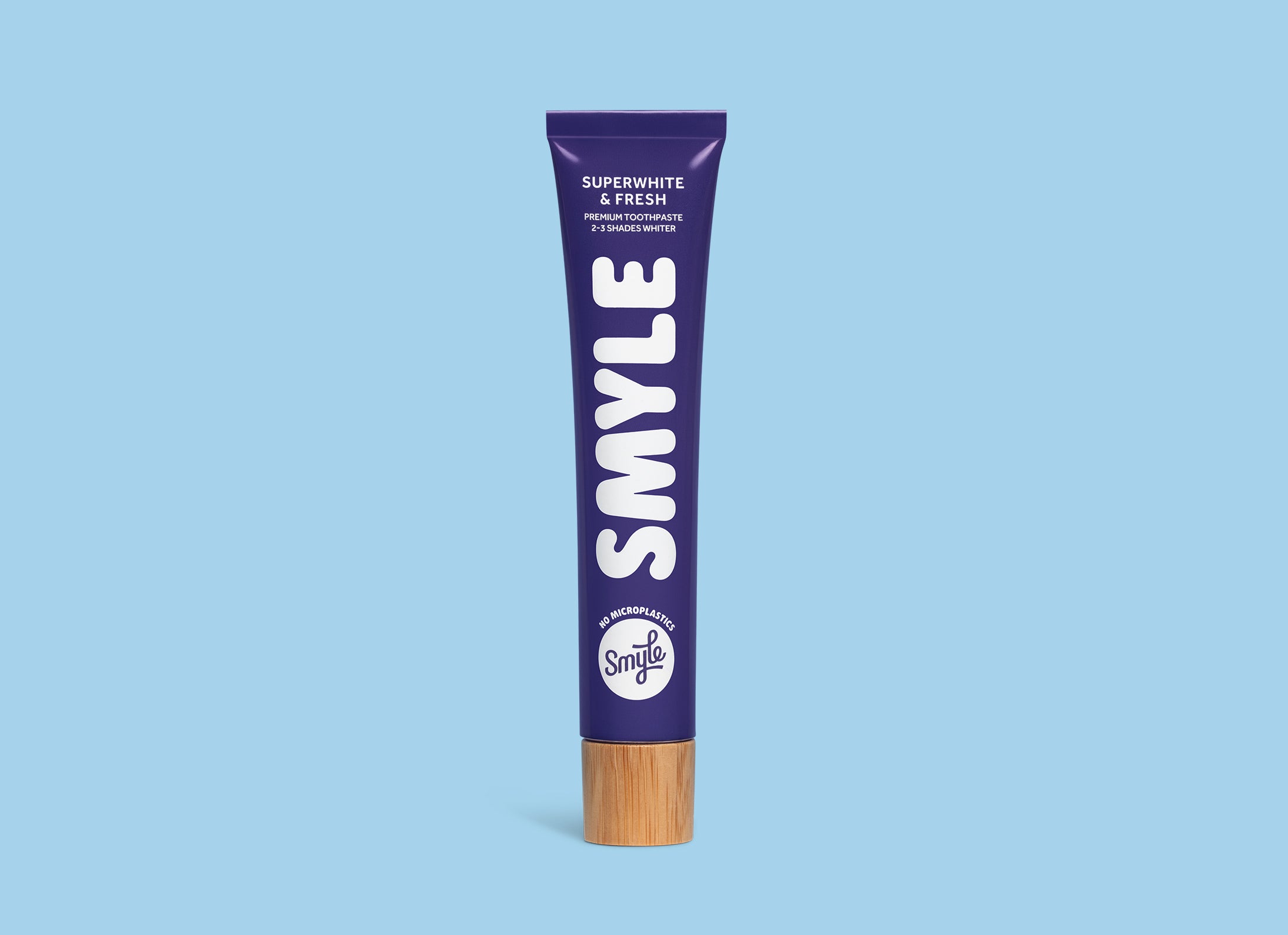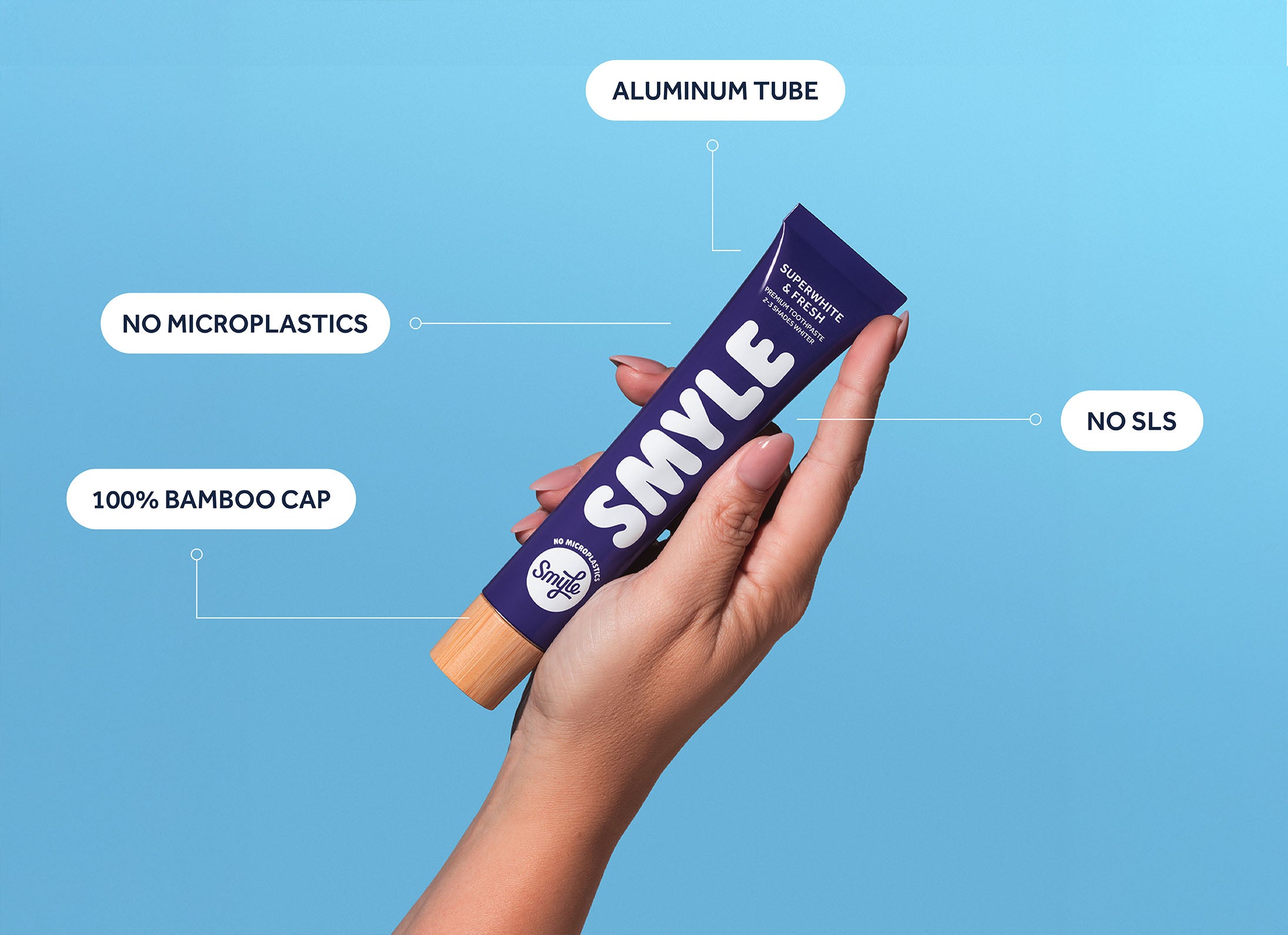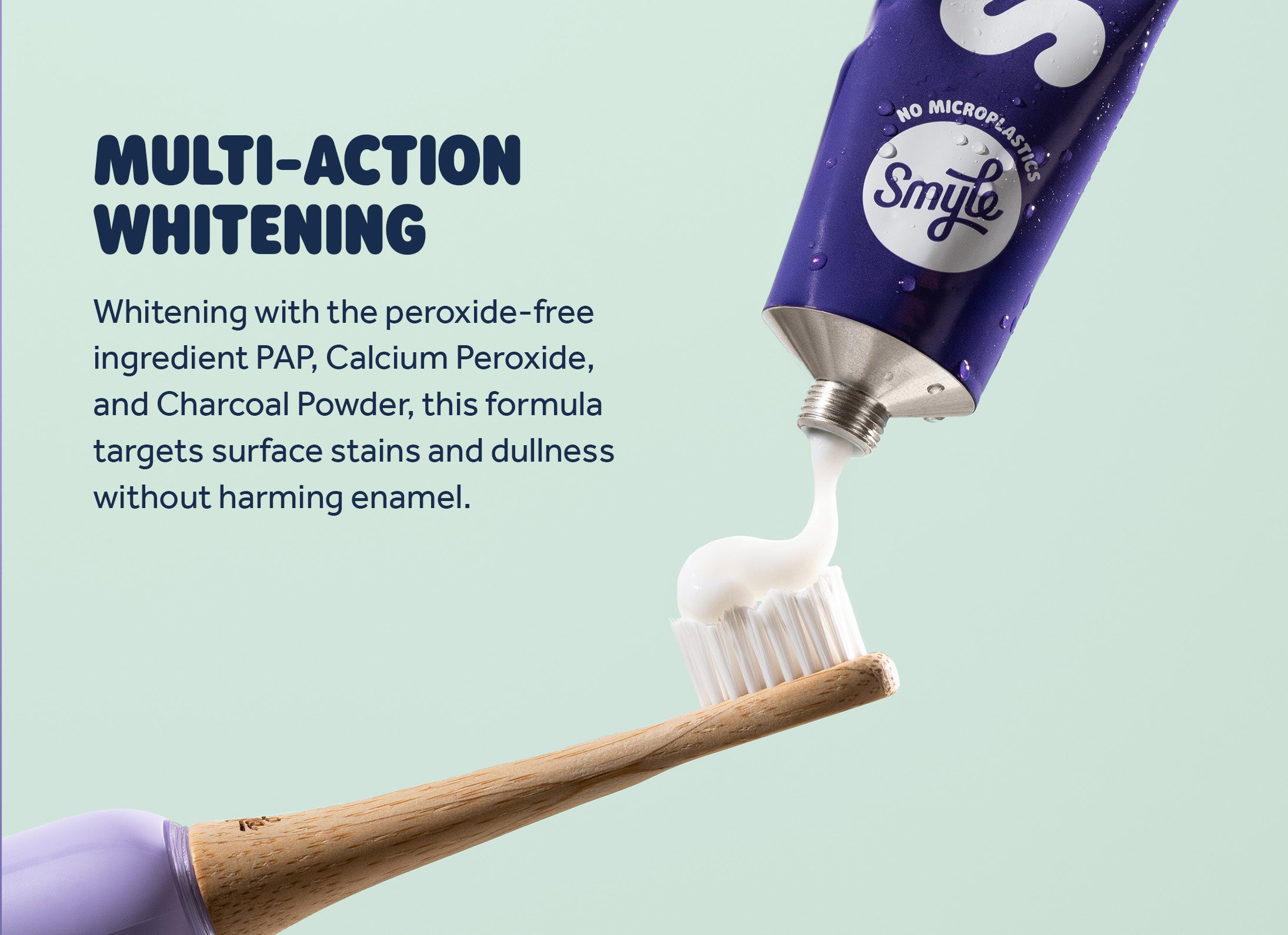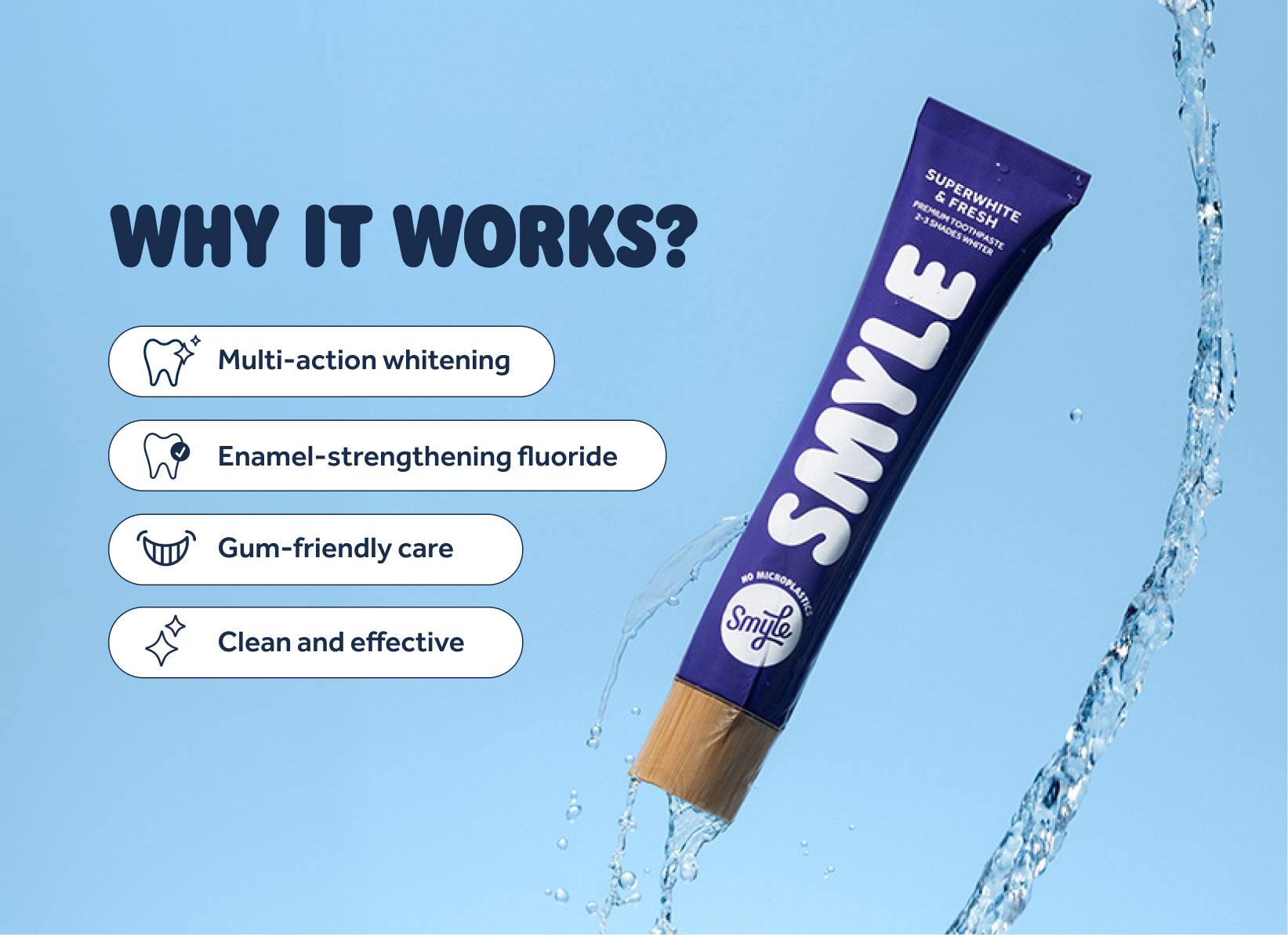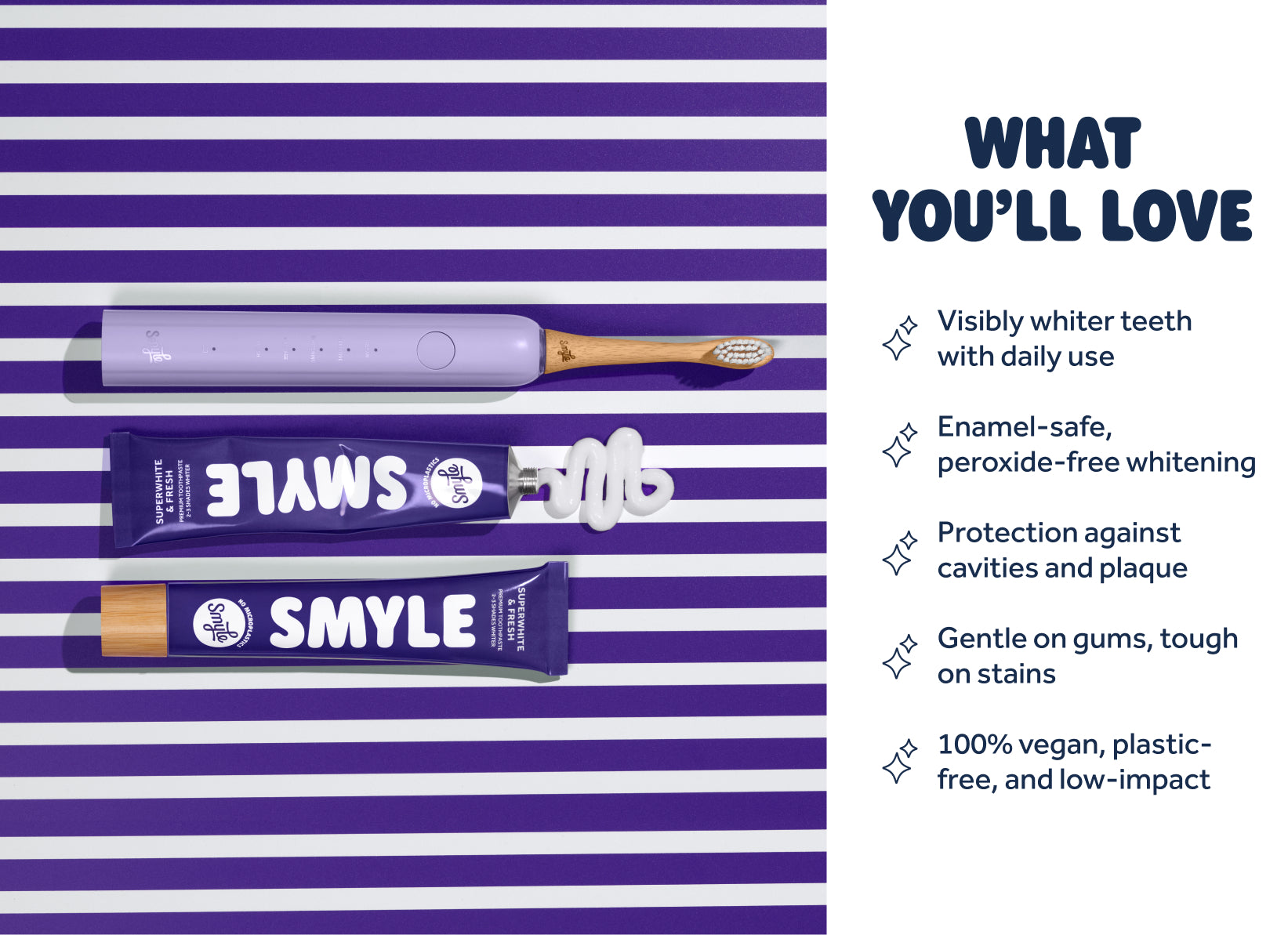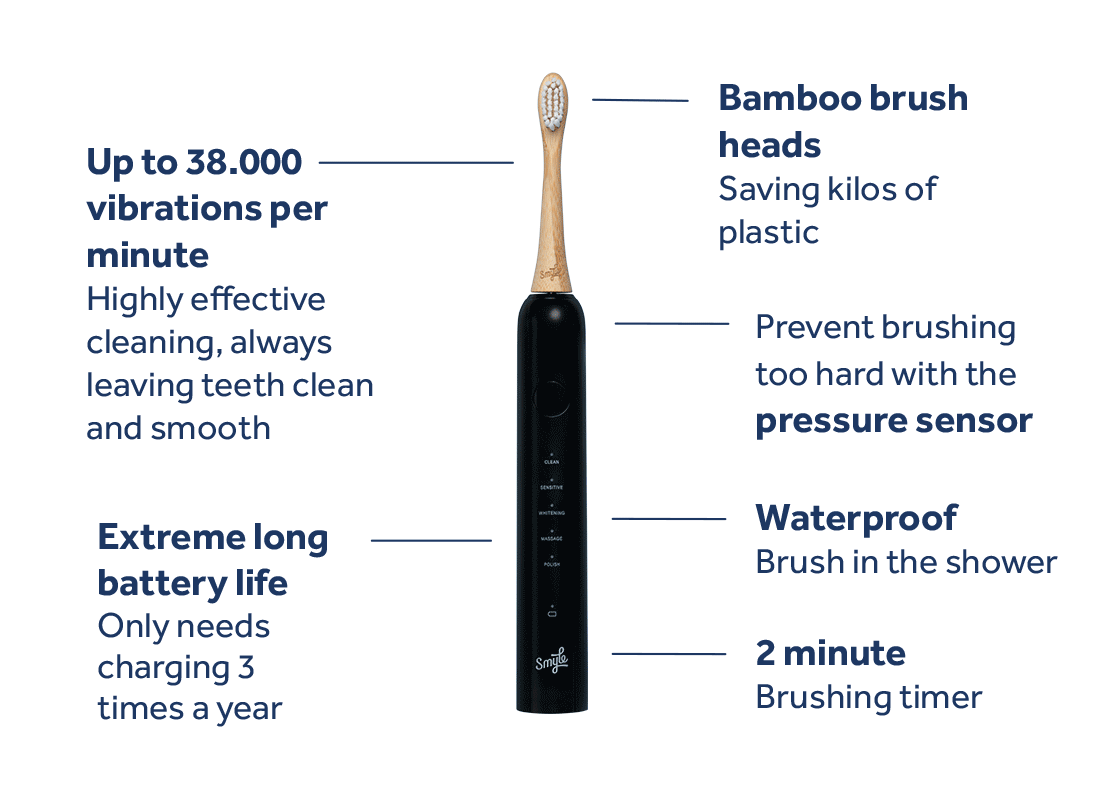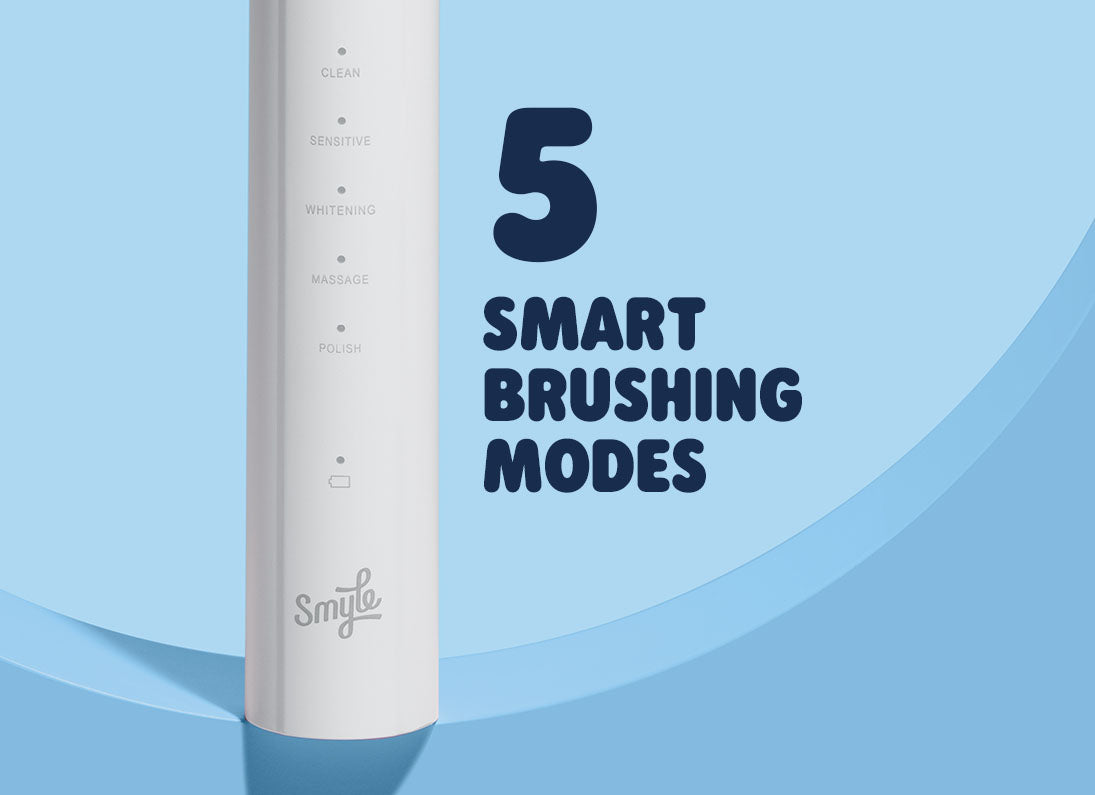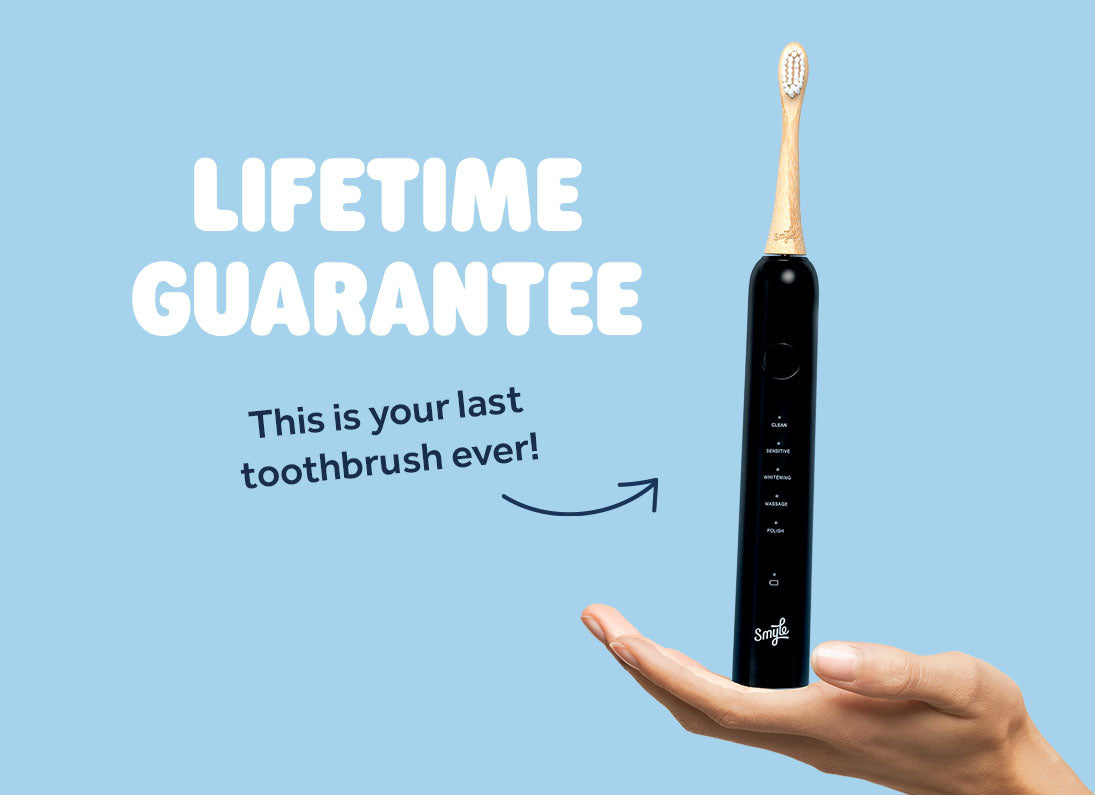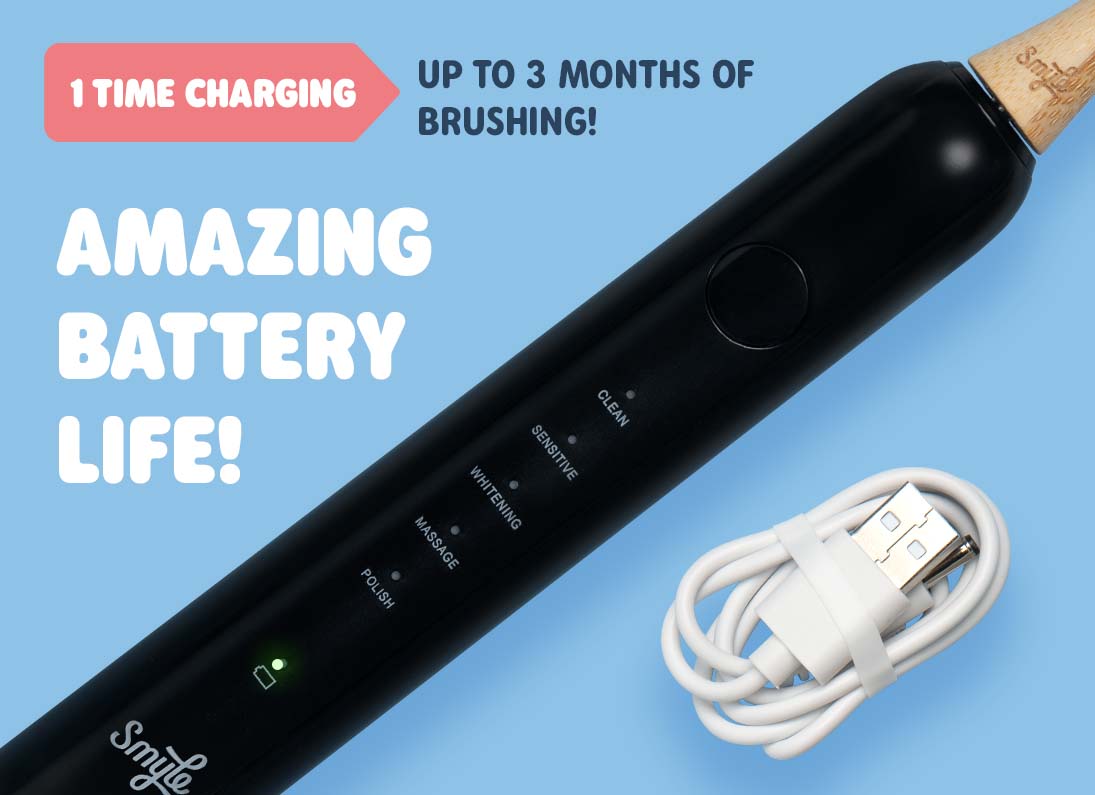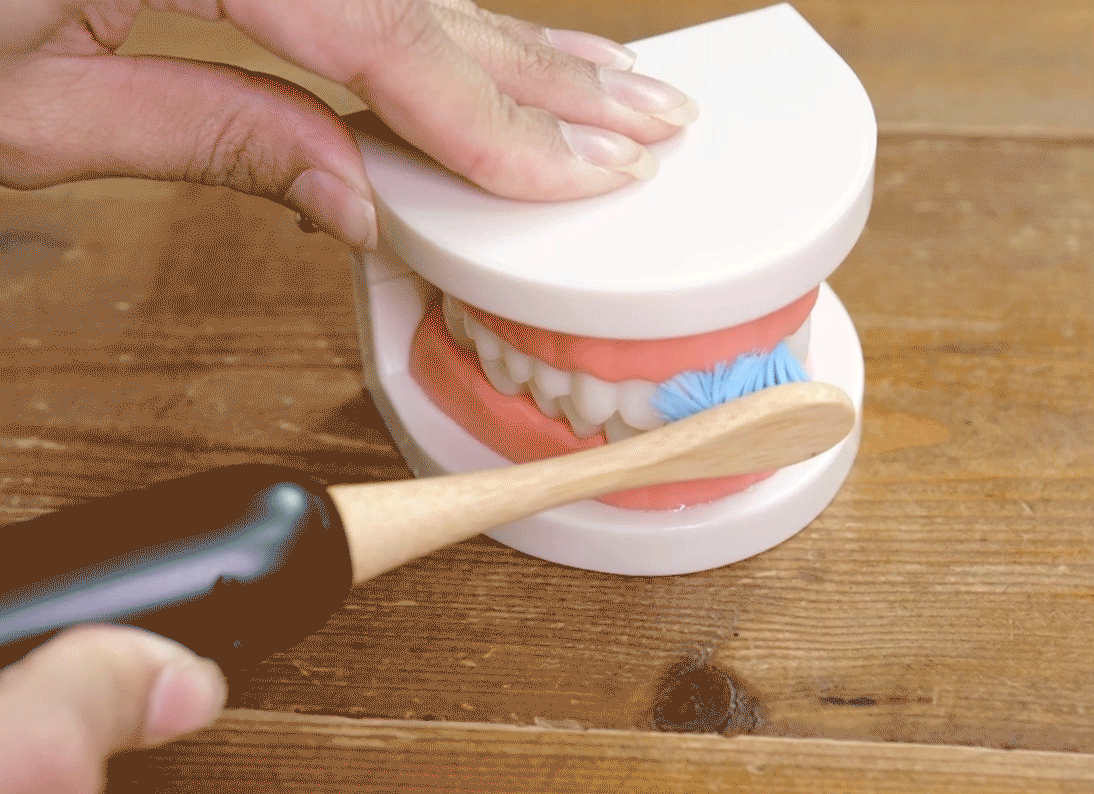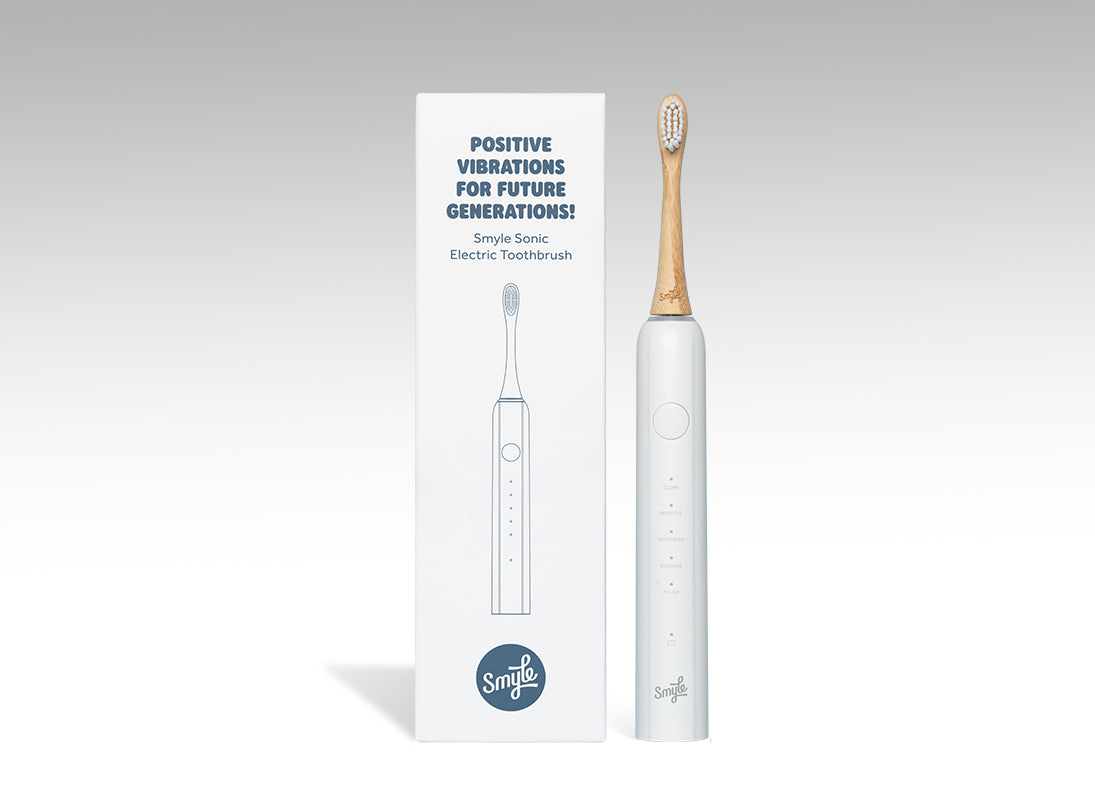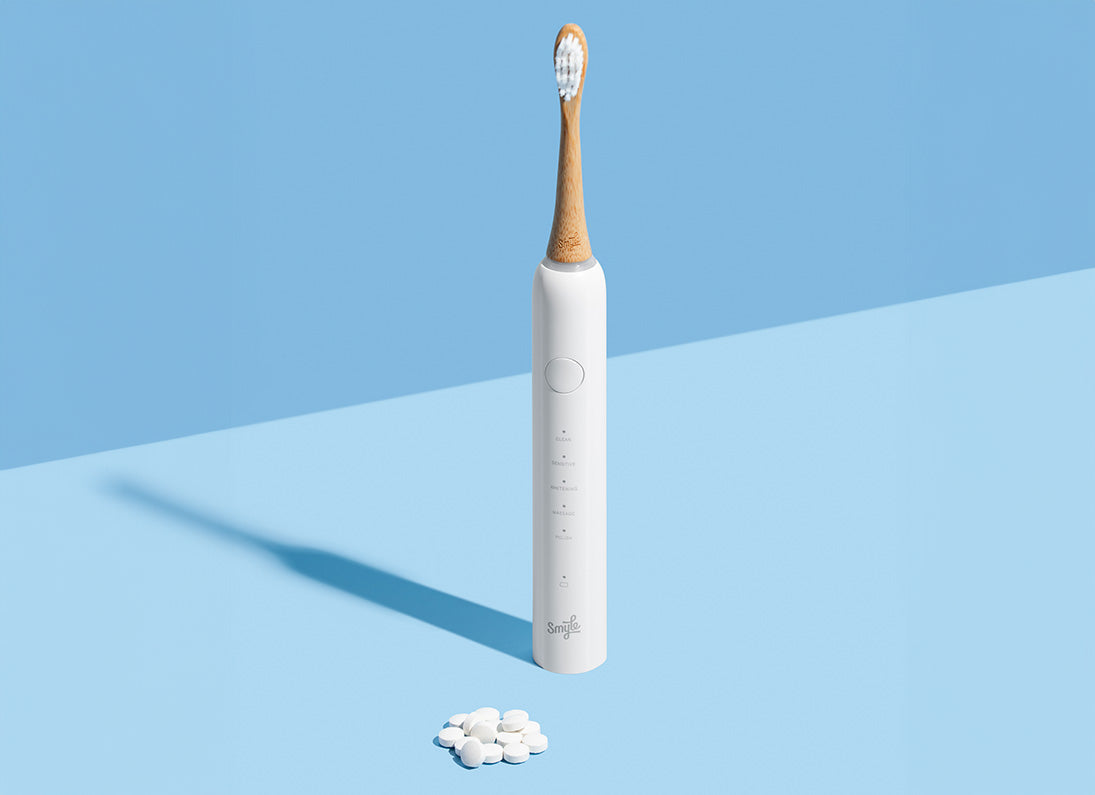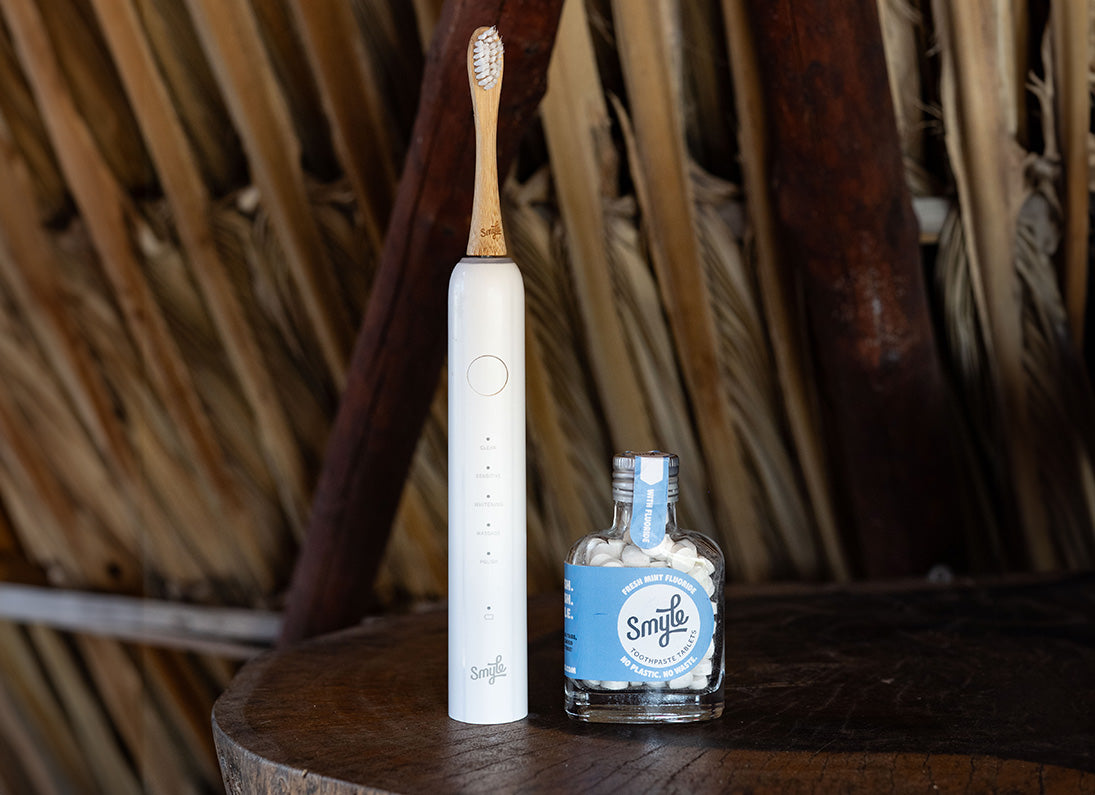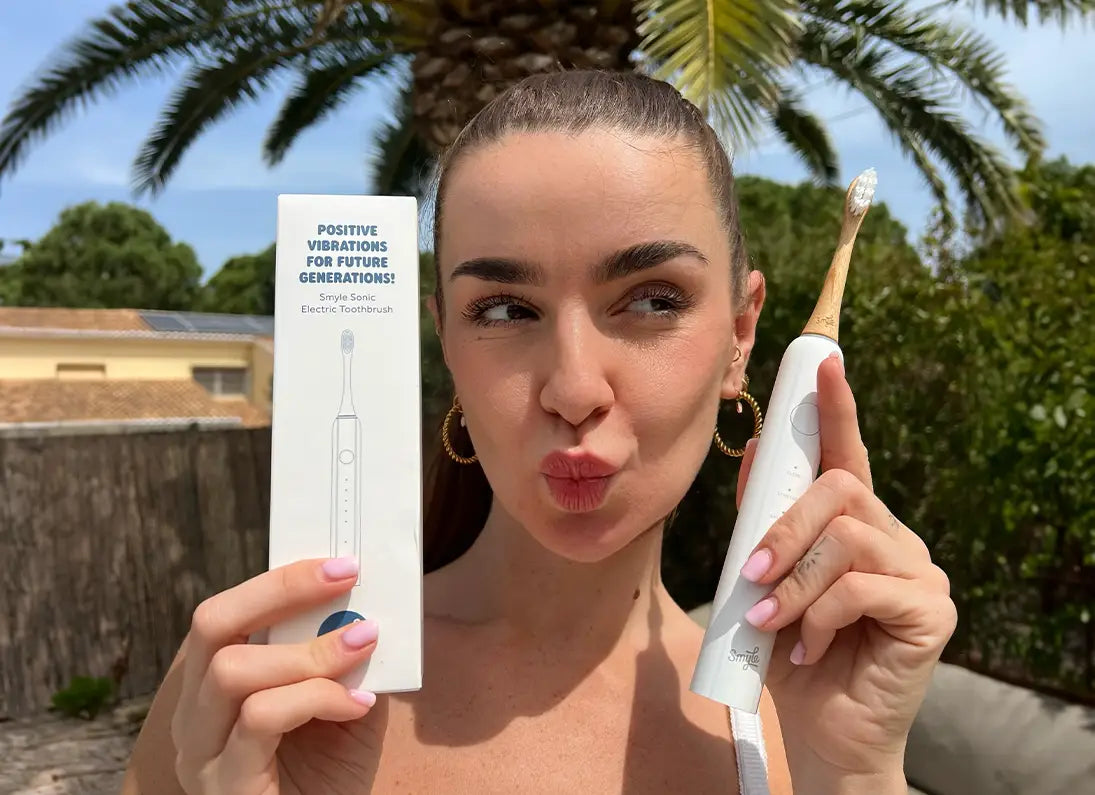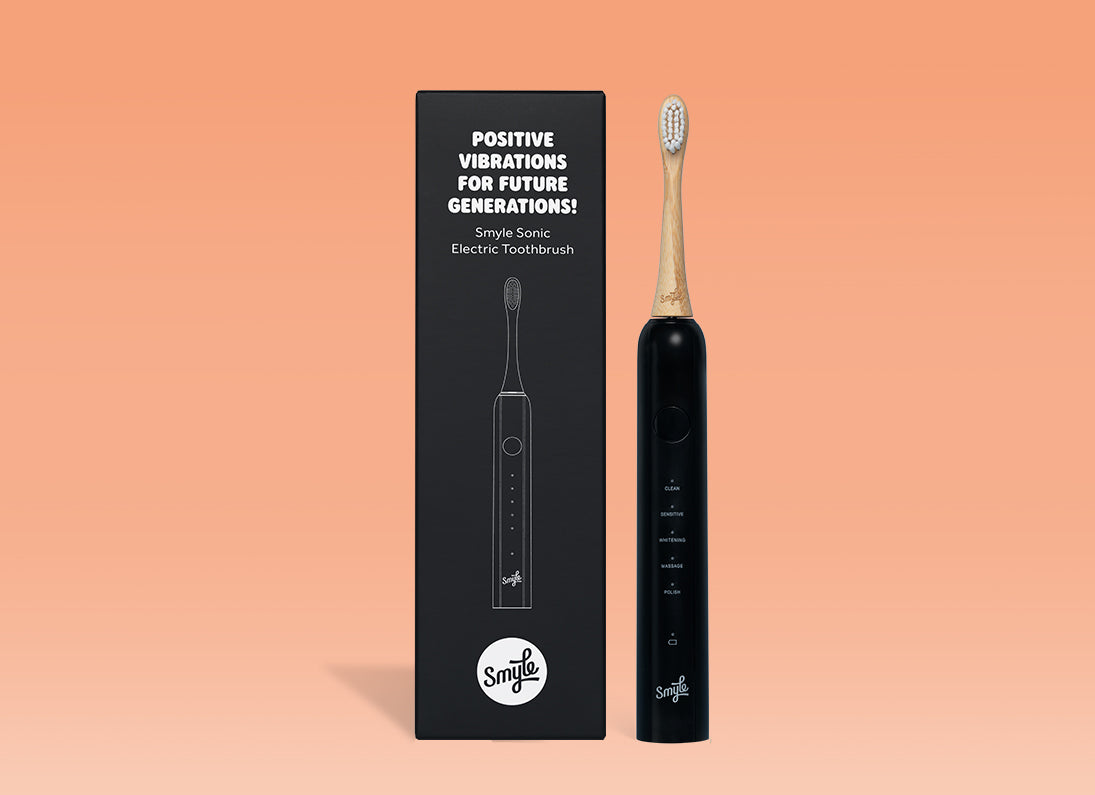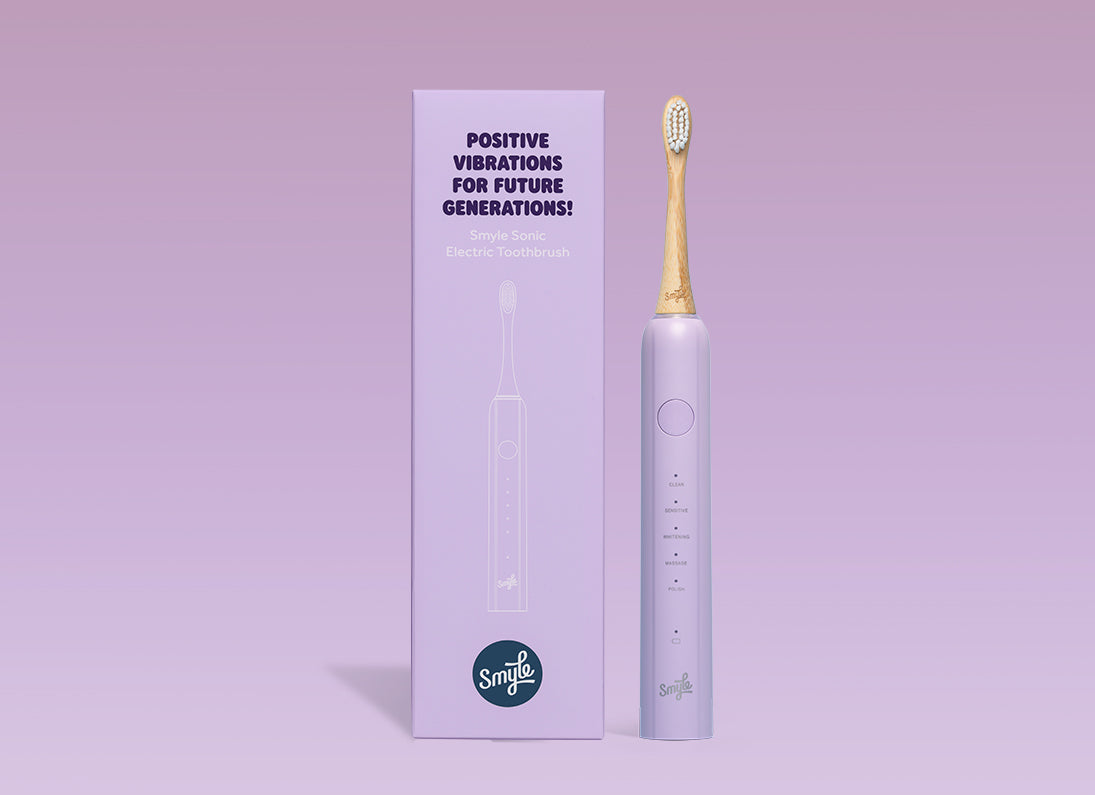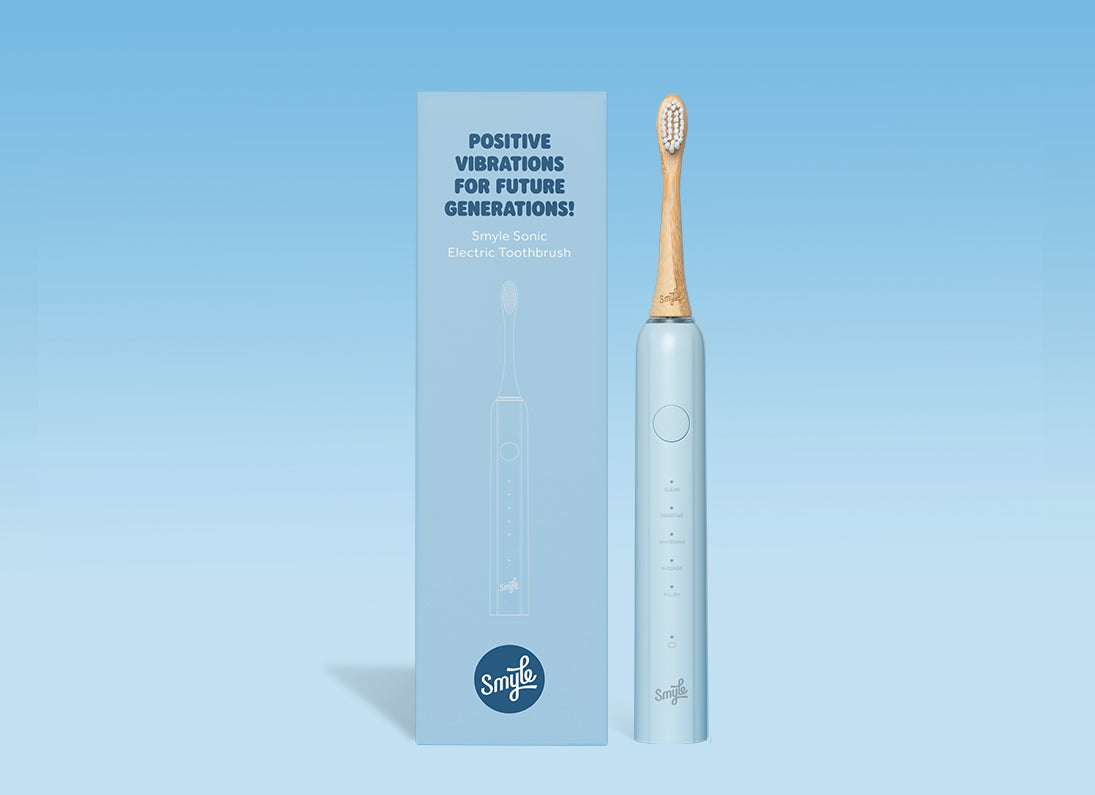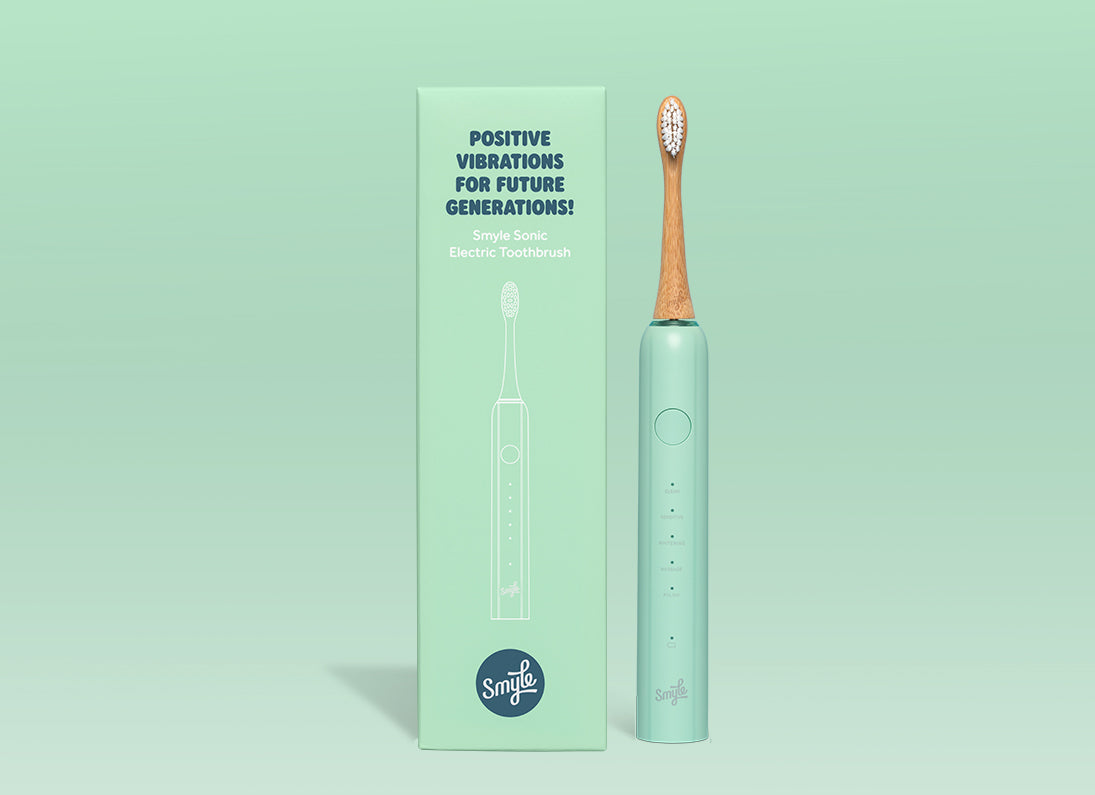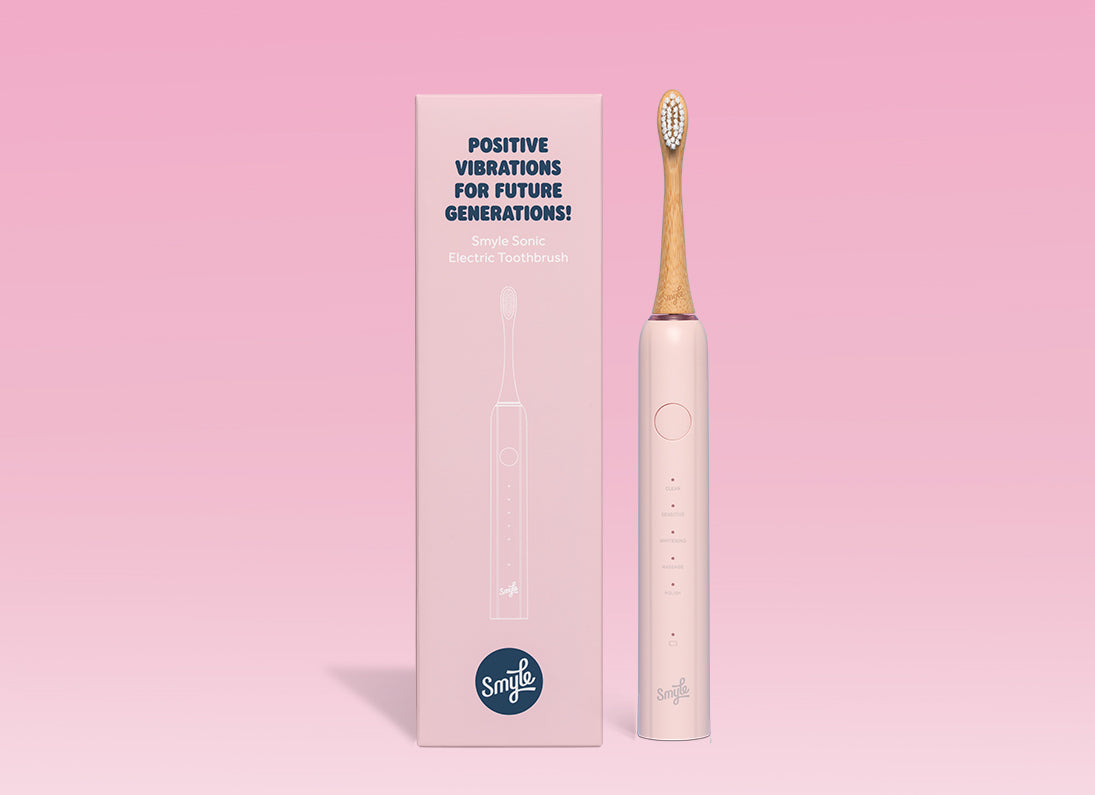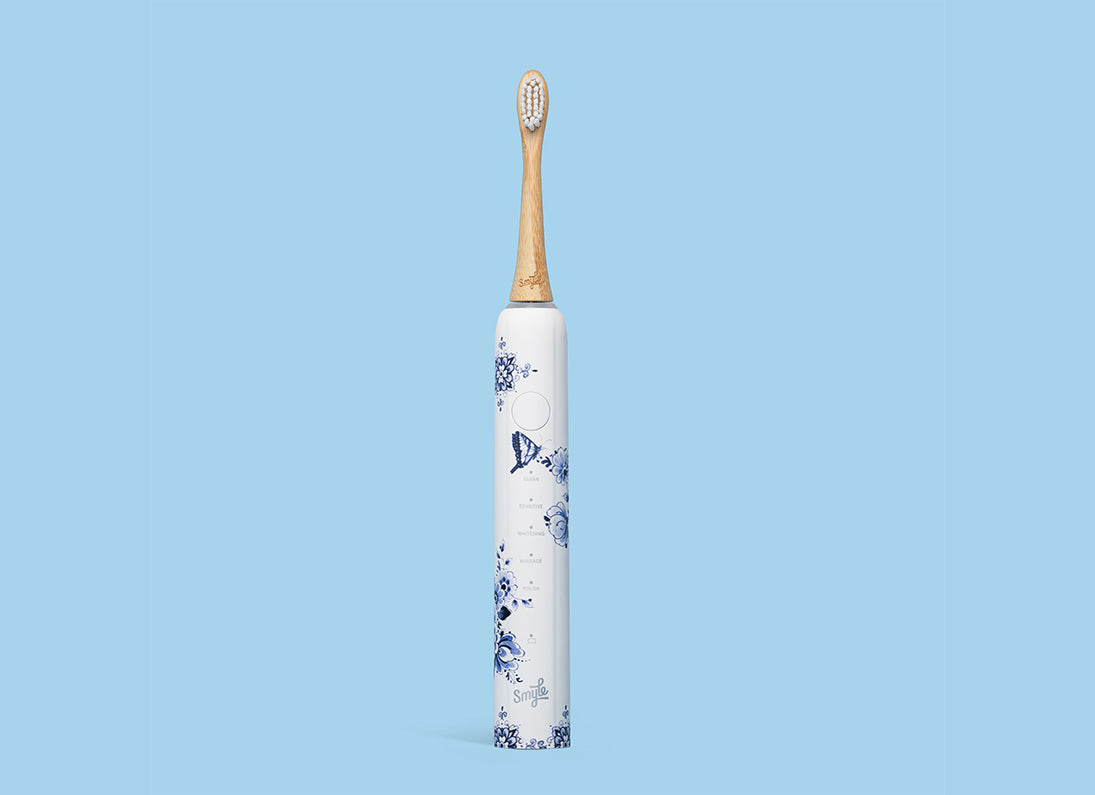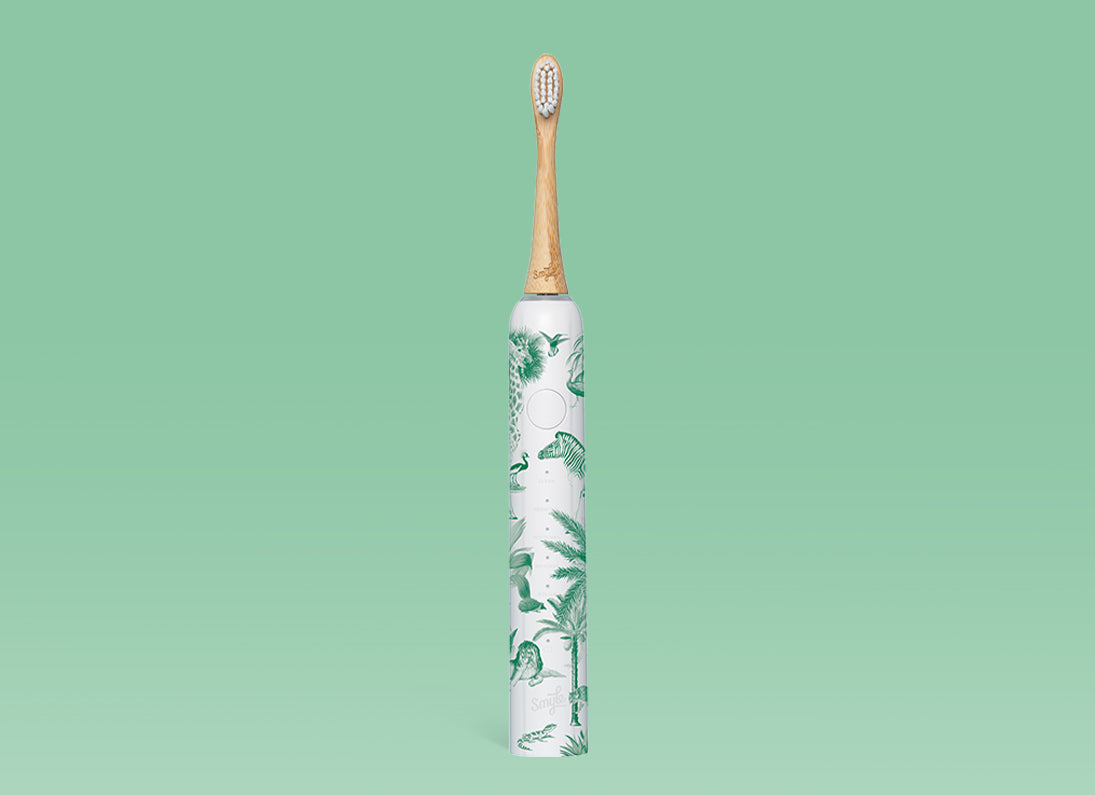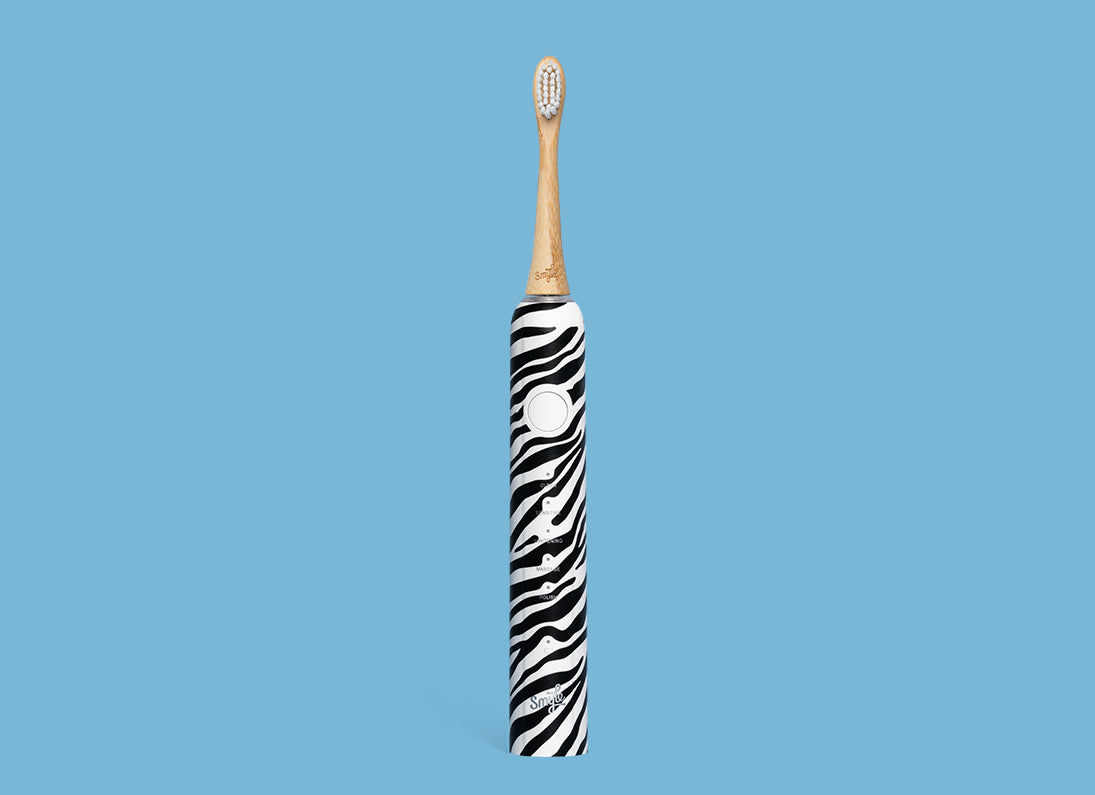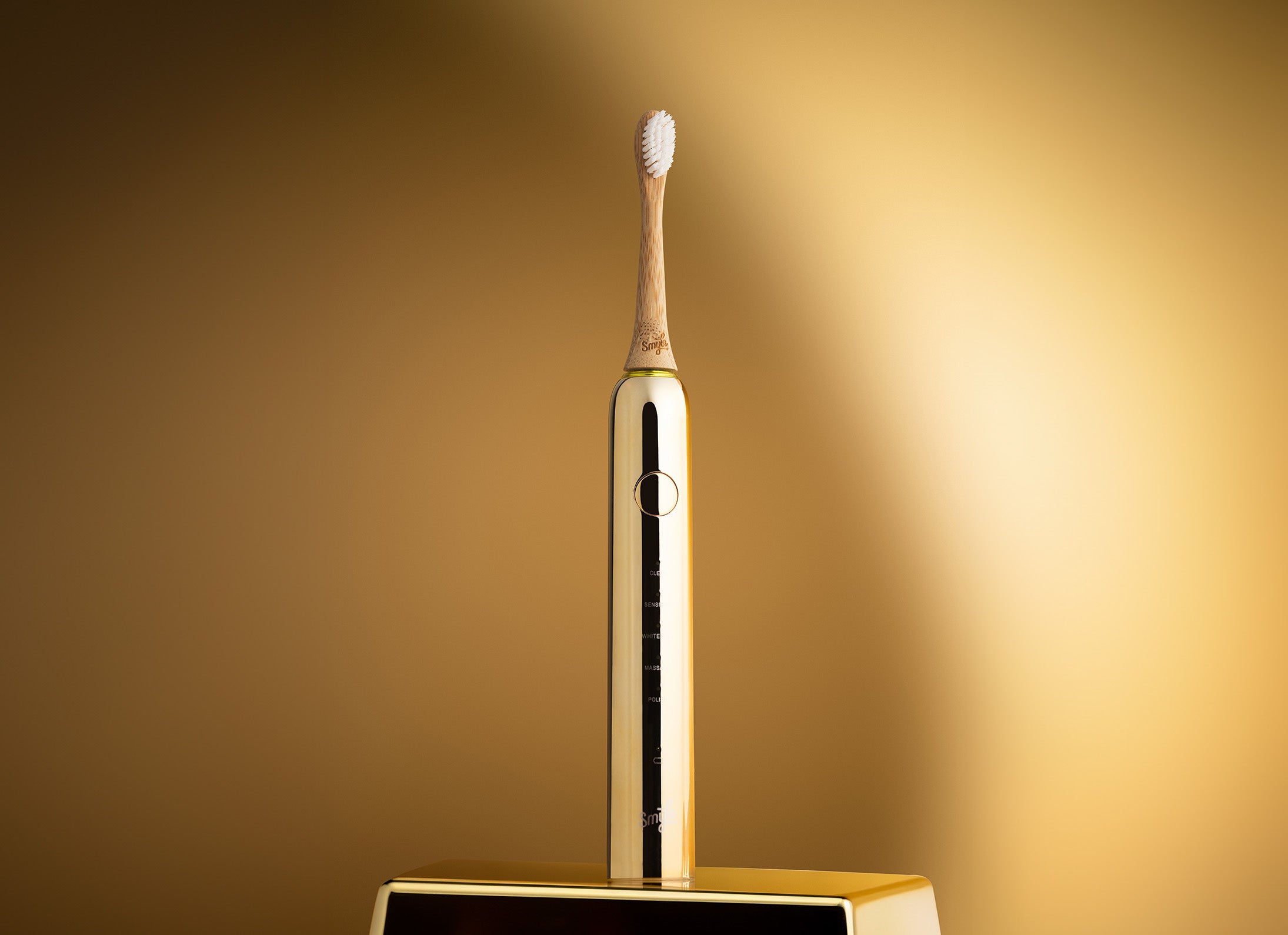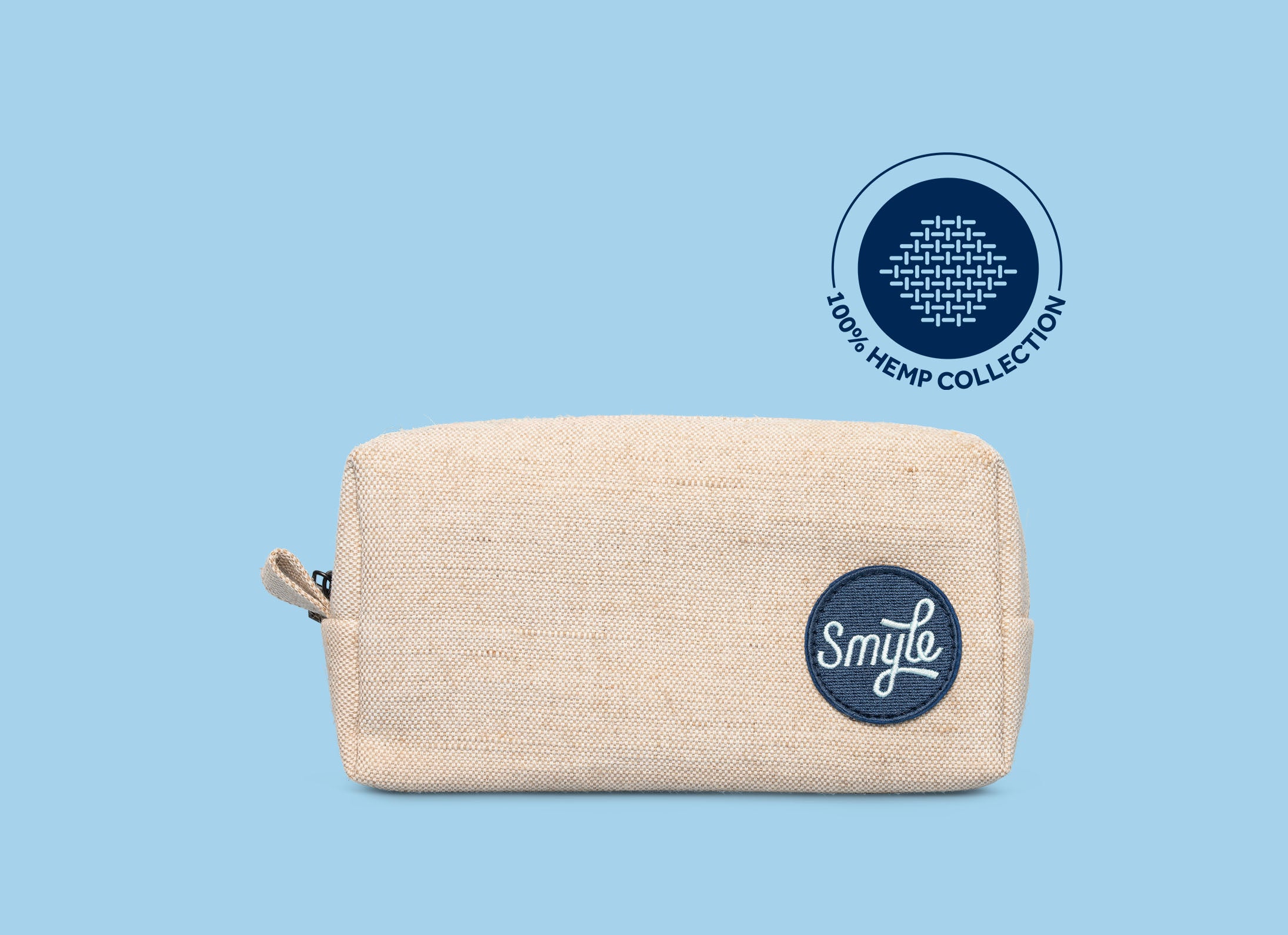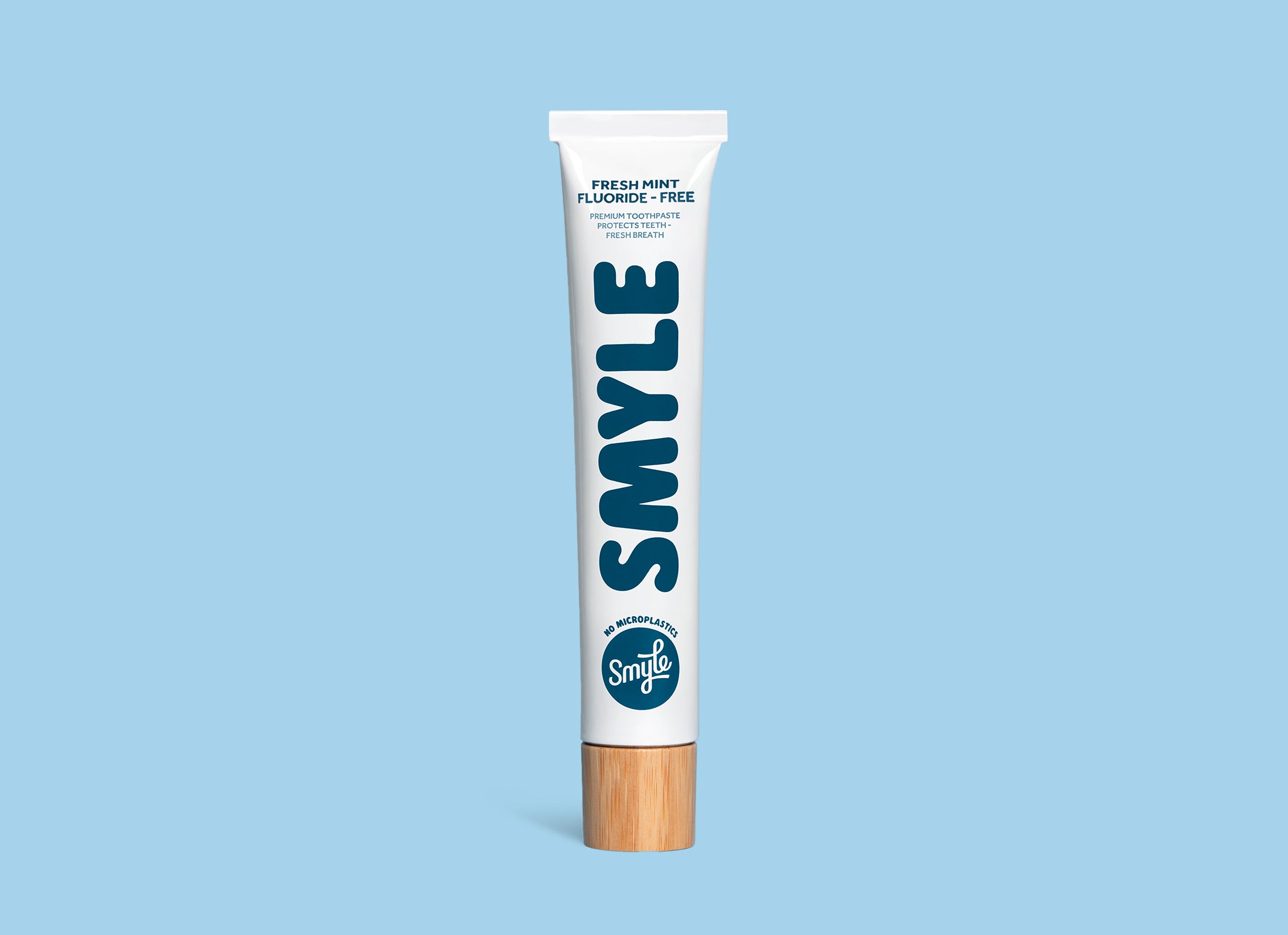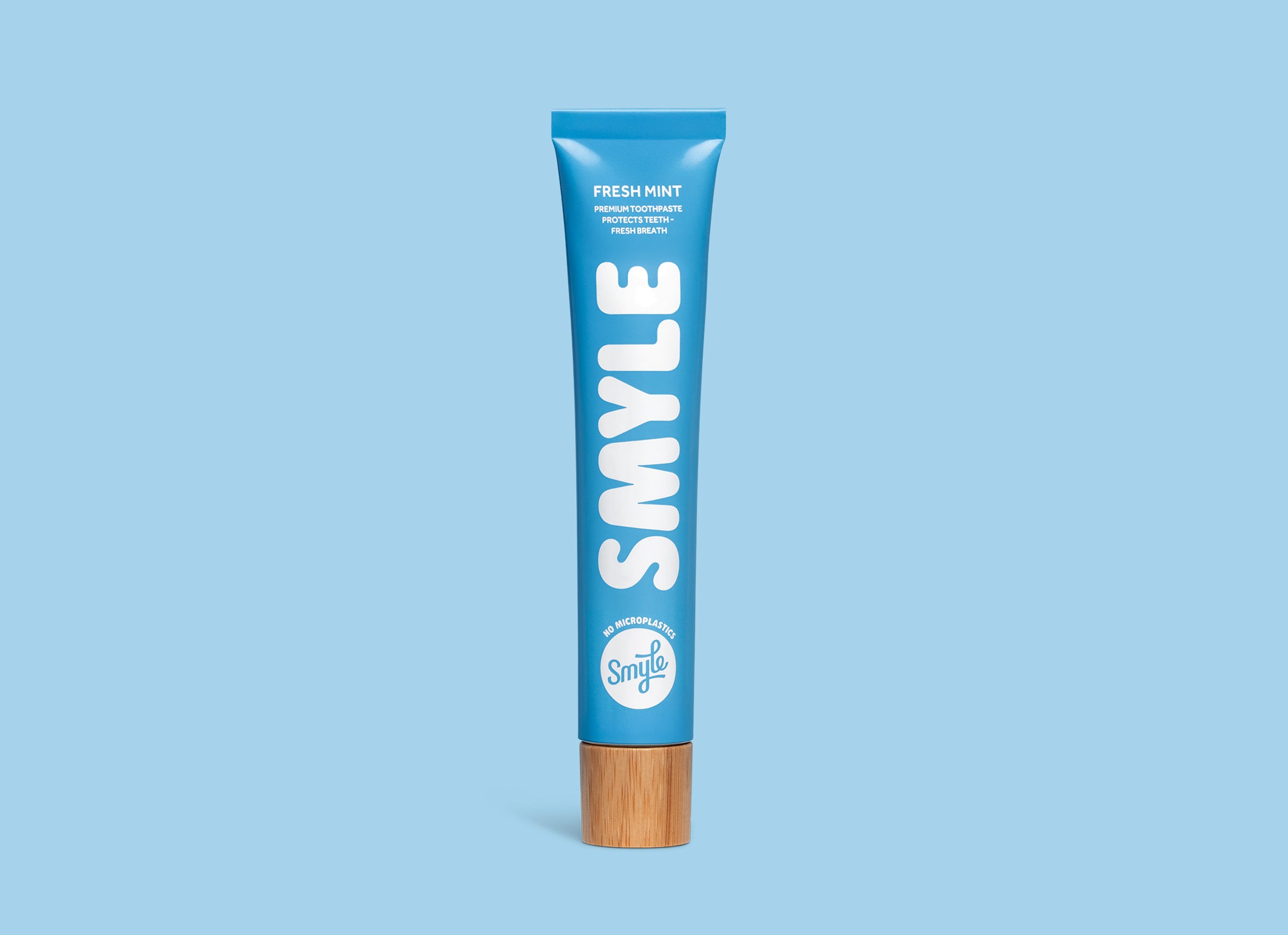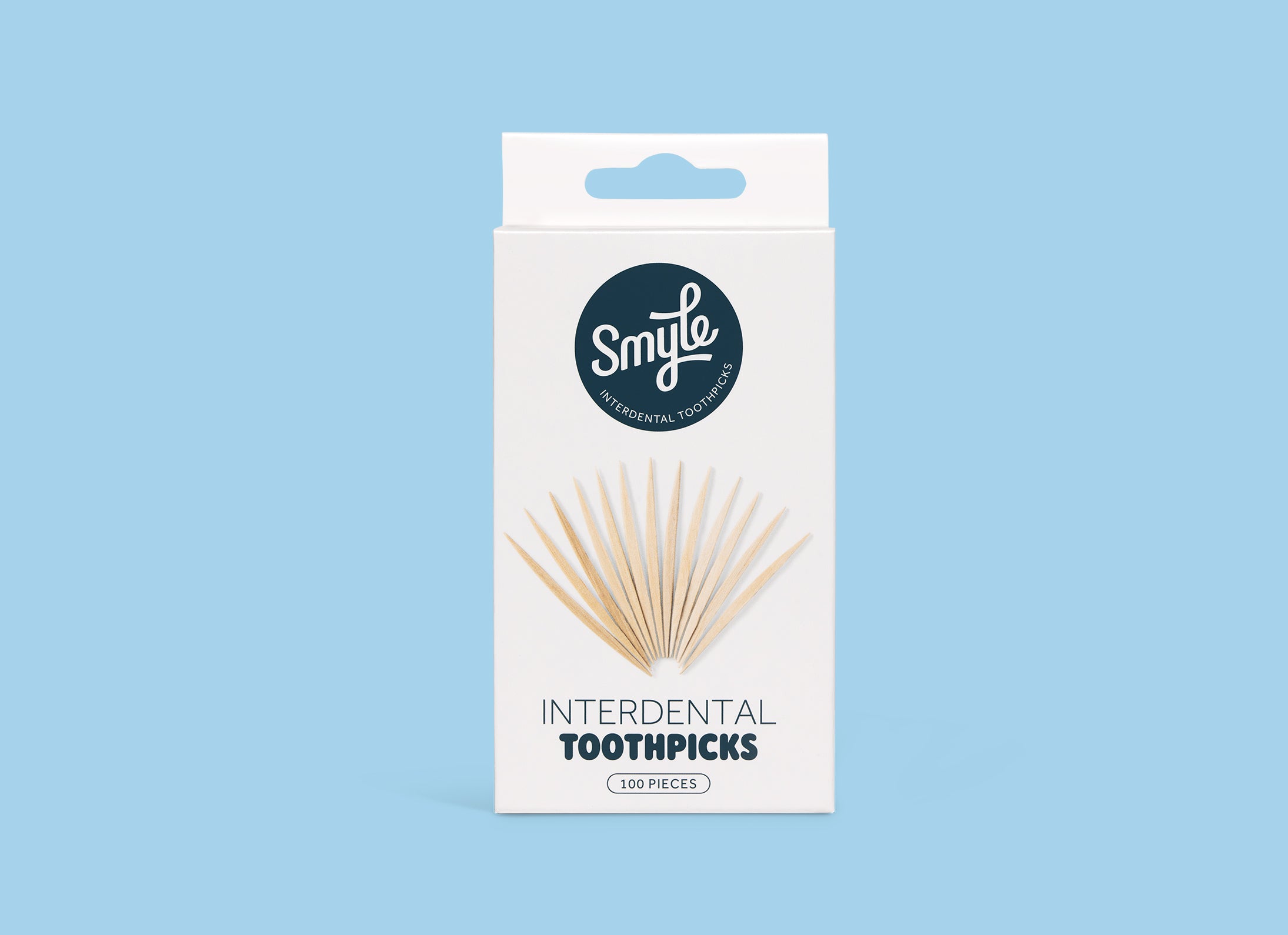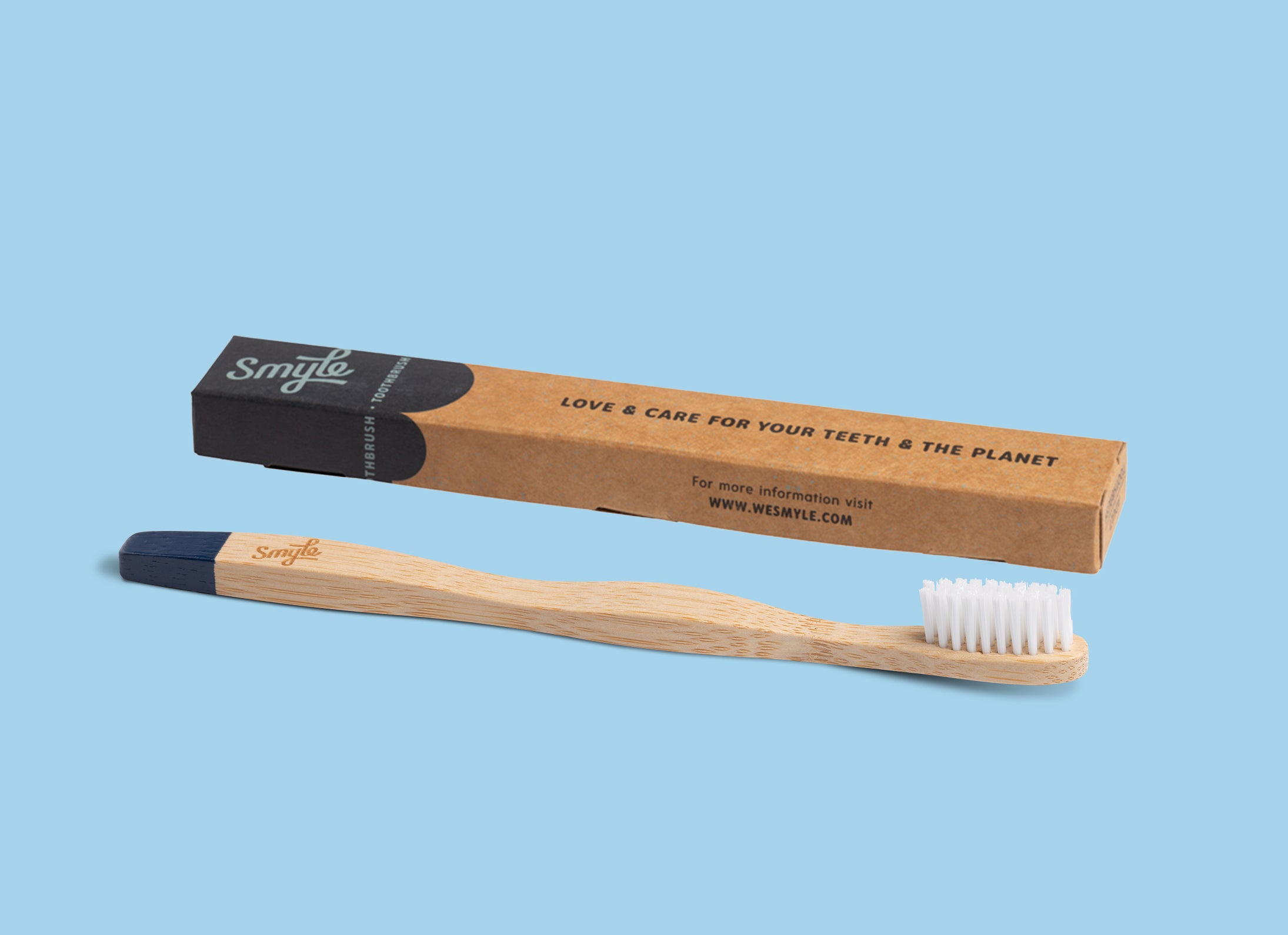
What Are Receding Gums?
Receding gums, medically referred to as gingival recession, is a condition where the gum tissue surrounding the teeth begins to pull back or recede. Normally, the tooth root is covered by the gum and a protective outer layer known as cementum. This layer shields the sensitive parts of the tooth from external influences. But when the gum recedes, the cementum becomes exposed—leading to various issues.
The tooth root is much more sensitive than the enamel. This can cause discomfort or pain when consuming hot, cold, sweet, or acidic foods and drinks. Sensitivity may also occur during brushing or flossing because the nerves in the teeth become more exposed. Additionally, receding gums can lead to visible gaps or “pockets” between the teeth and gums—perfect areas for bacteria to thrive.
Symptoms of receding gums vary depending on the stage and severity of the condition. Early signs include tooth sensitivity due to exposed roots. Teeth may appear longer than usual, and swollen or inflamed gums may occur. In later stages, the condition can result in loose teeth.
Causes of Receding Gums
Several factors can lead to gum recession. Below are the most common ones:
-
Poor Oral Hygiene: Not brushing and flossing properly can lead to plaque buildup, which causes gum inflammation and eventually recession.
-
Brushing Too Hard: Ironically, brushing too vigorously—especially with hard bristles—can damage the gums and cause them to recede.
-
Genetic Factors: Some people are genetically more prone to gum disease, regardless of how well they maintain oral hygiene.
-
Smoking and Tobacco Use: These habits are damaging to oral health and increase the risk of gum recession.
-
Hormonal Changes: Hormonal fluctuations, such as those during pregnancy or menopause, can make gums more sensitive and vulnerable to recession.
-
Poorly Fitting Braces or Dentures: While orthodontic devices aim to improve your smile, ill-fitting ones can exert pressure on the gums and lead to recession.
Effects of Receding Gums
Impact on Daily Life
Receding gums might not seem like a big deal at first, but they can significantly affect your day-to-day life. One of the most noticeable effects is increased sensitivity to temperature changes. Hot coffee or cold ice cream can become painful to consume.
There are also aesthetic concerns. Receding gums can make your teeth look unusually long, which might affect self-confidence and social interactions.
Long-Term Consequences
Over time, receding gums can cause more serious problems. The formation of pockets between the teeth and gums creates a breeding ground for bacteria, which can lead to severe gum disease and even periodontitis.
Exposed tooth roots are also more prone to decay. In the worst cases, this can lead to tooth loss. This is why it's essential to detect and treat gum recession early.
Treatment and Prevention of Receding Gums
Current Treatment Options
Treatment depends on the cause and severity of the recession:
-
Improved Oral Hygiene: In mild cases, simply adopting better brushing and flossing habits can prevent further recession. Go easy on your gums—gentle brushing is key!
-
Professional Cleaning: Dentists or periodontists may perform deep cleanings (scaling and root planing) to remove plaque and tartar and support gum healing.
-
Gum Grafting: In severe cases, a gum graft may be necessary. Tissue is taken from elsewhere in the mouth and placed over the affected area.
The Importance of Prevention
Prevention is better than cure! Good oral hygiene is the first line of defense: brush twice a day with a soft-bristled toothbrush, floss daily, and visit your dentist regularly.
Avoid risk factors like smoking and excessive alcohol use. Maintaining a healthy lifestyle can significantly lower the risk of gum recession.
A diet rich in vitamin C—found in citrus fruits and leafy greens—also supports gum health.
Lastly, choosing the right oral care products plays a major role in maintaining healthy gums. Smyle’s products make this easier and more sustainable.
How Smyle Supports Healthy Oral Hygiene
Choosing the Right Products Matters
Selecting gentle yet effective products can make a big difference in your gum health. Smyle offers a range of oral care products designed to promote oral hygiene while being gentle on your gums—and they're sustainable too!
Smyle’s toothpaste tablets come with or without fluoride, making them a great option for those seeking a natural toothpaste.
Their toothbrushes are equipped with soft bristles that clean effectively without irritating the gums, making them ideal for people prone to gum recession.
Incorporating Smyle into your daily routine can help prevent gum recession while supporting eco-friendly oral care.
Receding Gums: Frequently Asked Questions
Is receding gum tissue painful?
Not necessarily. In the early stages, it may be completely painless. But as the condition progresses, symptoms like tooth sensitivity, pain, or bleeding gums may appear.
How do I know if I have receding gums?
You may notice that your teeth look longer. Other symptoms include gum inflammation or swelling. If you experience these, it’s wise to schedule a dental check-up.
Can receding gums heal on their own?
Unfortunately, no. Once gum tissue has receded, it won’t naturally grow back. This makes early detection and treatment critical.
Is there a link between age and receding gums?
Receding gums can happen at any age but are more common in older adults. This could be due to the natural aging process or slow progression over time.
Can food worsen or improve receding gums?
No specific food directly causes it, but a poor diet high in sugar can contribute to oral health problems. Vitamin C-rich foods can improve gum health and lower the risk of recession.
How long does treatment take?
It varies. Mild cases can improve within weeks or months with better hygiene. Severe cases requiring surgery may take several months to a year to heal.
Can stress cause receding gums?
Not directly, but stress-related habits like teeth grinding or poor hygiene can contribute. Managing stress and maintaining good oral hygiene is key.
Quick Recap: Receding Gums
Receding gums are a common issue with potential impacts on your dental health and well-being. Causes range from genetics to lifestyle habits like smoking or poor hygiene. If left untreated, it can lead to sensitivity, pain, and even tooth loss.
The good news? With effective treatments and preventive measures—such as maintaining good hygiene, eating a balanced diet, and using the right products—you can combat gum recession.
Smyle is here to help. With sustainable, gum-friendly products, Smyle makes it easy to care for your smile—gently and effectively. If you're experiencing symptoms, consult your dentist and take control of your gum health today.

